32 foods that will keep you full for longer
Foods that will keep you full include low-processed options and those rich in fibre, protein, and fats, with plenty of vitamins and minerals
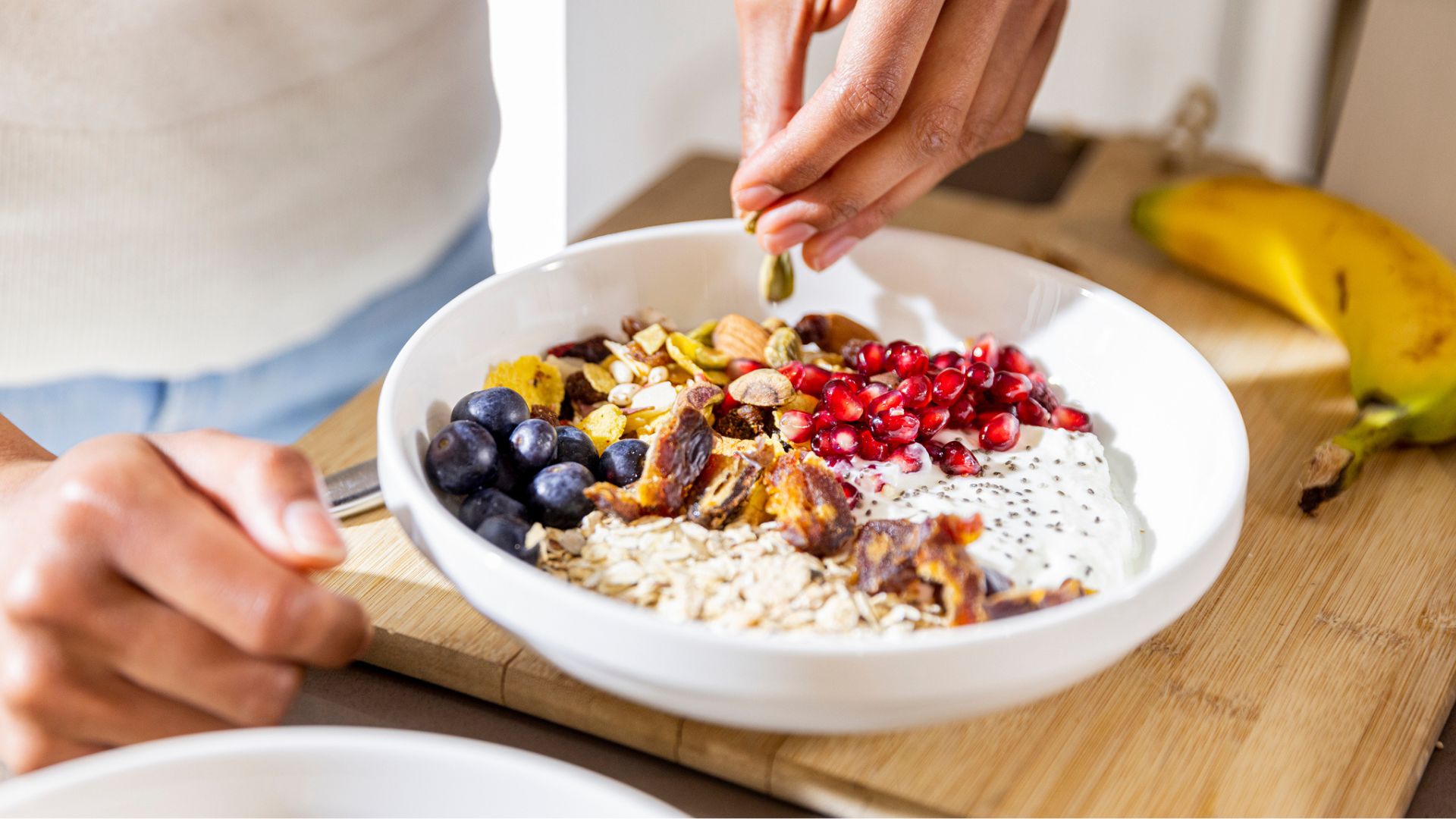

Having enough foods that will keep you full in your diet is essential for staying alert and comfortable throughout the day and healthy long-term. They can also replenish your daily nutrient intake and prevent you from eating too much at a singular meal.
Foods that are whole, unprocessed, and high in protein and fibre are generally the ones that will keep you feeling full for the longest. As protein and fibre take the longest to digest, they are two of the best macronutrients you can include in your breakfast, lunch, dinner and the snacks in between to stay satiated.
With options like salmon, berries, potatoes, and Greek yoghurt on the menu, there are plenty of delicious and versatile options.
1. Wholegrain bread
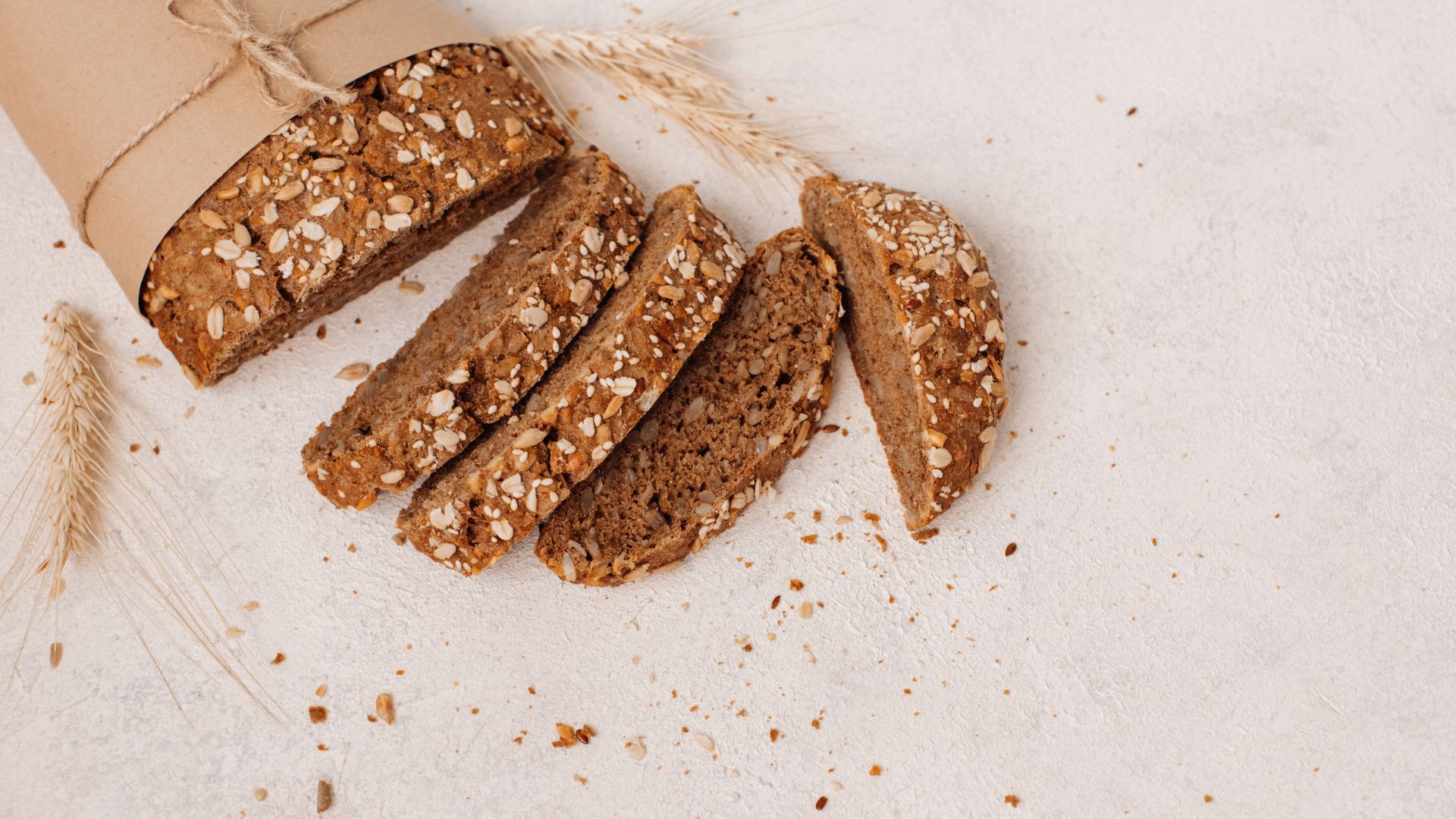
Wholegrain bread should be one of the go-to foods when it comes to staying full as they are rich in fibre, protein, and carbohydrates, which are the nutrients our body primarily uses for energy. Examples include breads with wholewheat like spelt, rye, corn, and barley either baked into the mixture or sprinkled on top.
2. Avocado
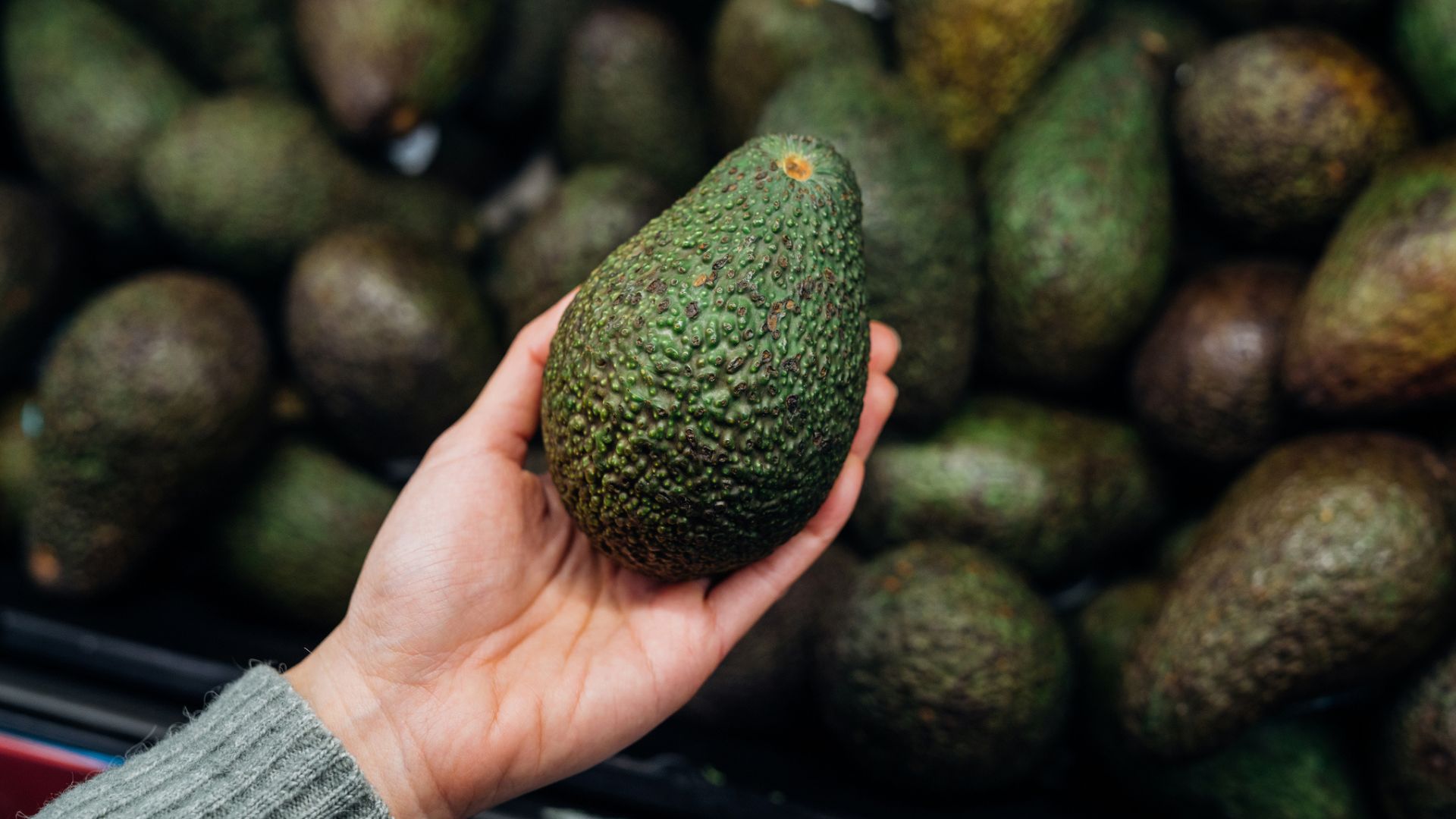
Avocado is rich in healthy fats, an important nutrient that the body digests slowly, so it keeps you fuller for longer. More than just a brunch staple, this rich green fruit can be added to protein shakes and smoothies for an additional smooth, vitamin-rich component too.
3. Greek yogurt
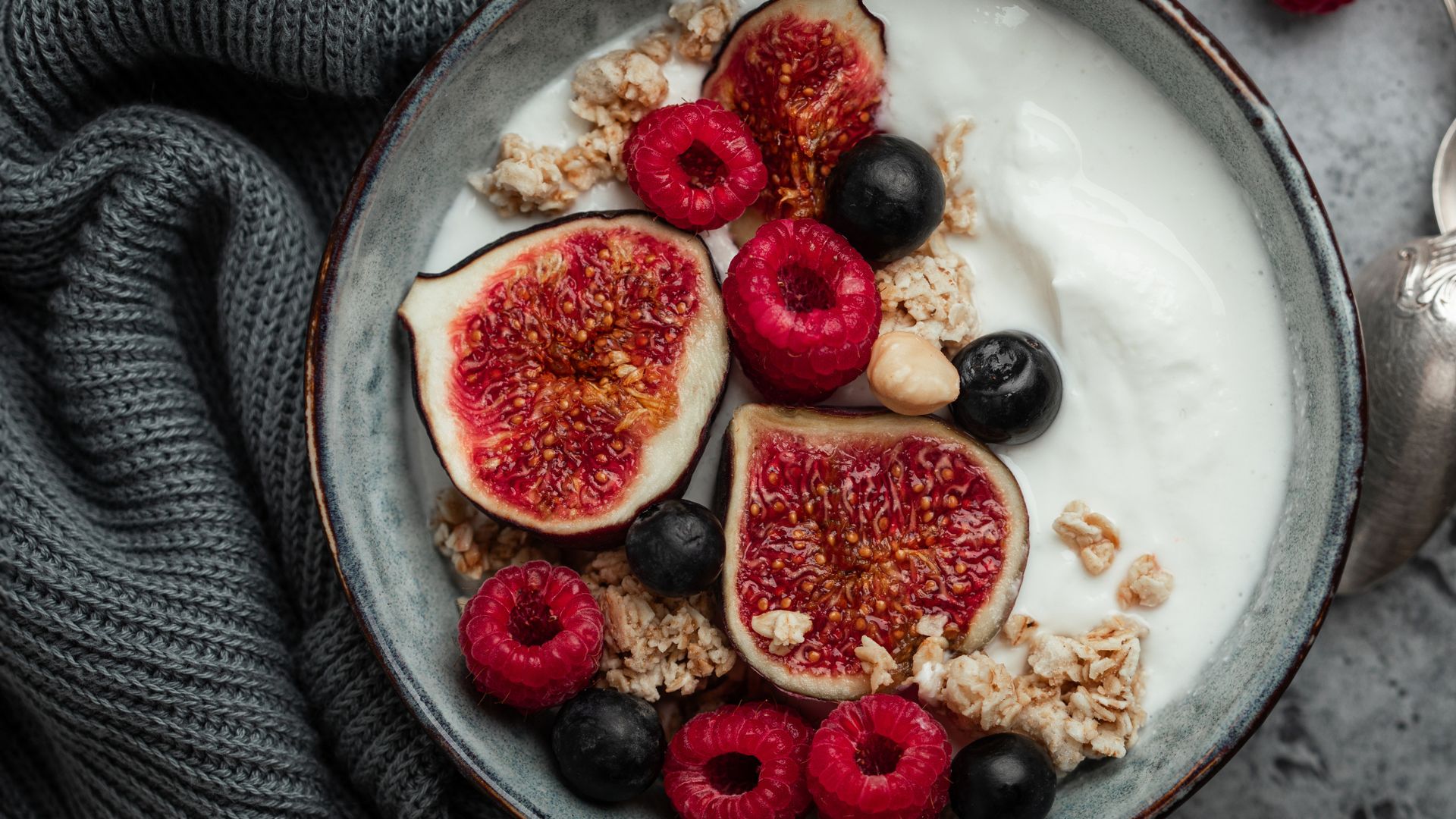
All kinds of dairy are filling foods, thanks to the protein- and calcium-rich ingredients, but Greek yoghurt is one of the best thanks to its smooth texture and versatile use.
Protein and calcium help us to produce more appetite-suppressing hormones in the body, the University of Missouri says. In their study, researchers had participants eat a 160-calorie yoghurt-based snack that was either high, moderate, or low in protein, and they found that those who ate the snack with the highest protein felt fullest for the longest, were less hungry, and ate dinner later in the evening.
Sign up to our free daily email for the latest royal and entertainment news, interesting opinion, expert advice on styling and beauty trends, and no-nonsense guides to the health and wellness questions you want answered.
4. Bananas
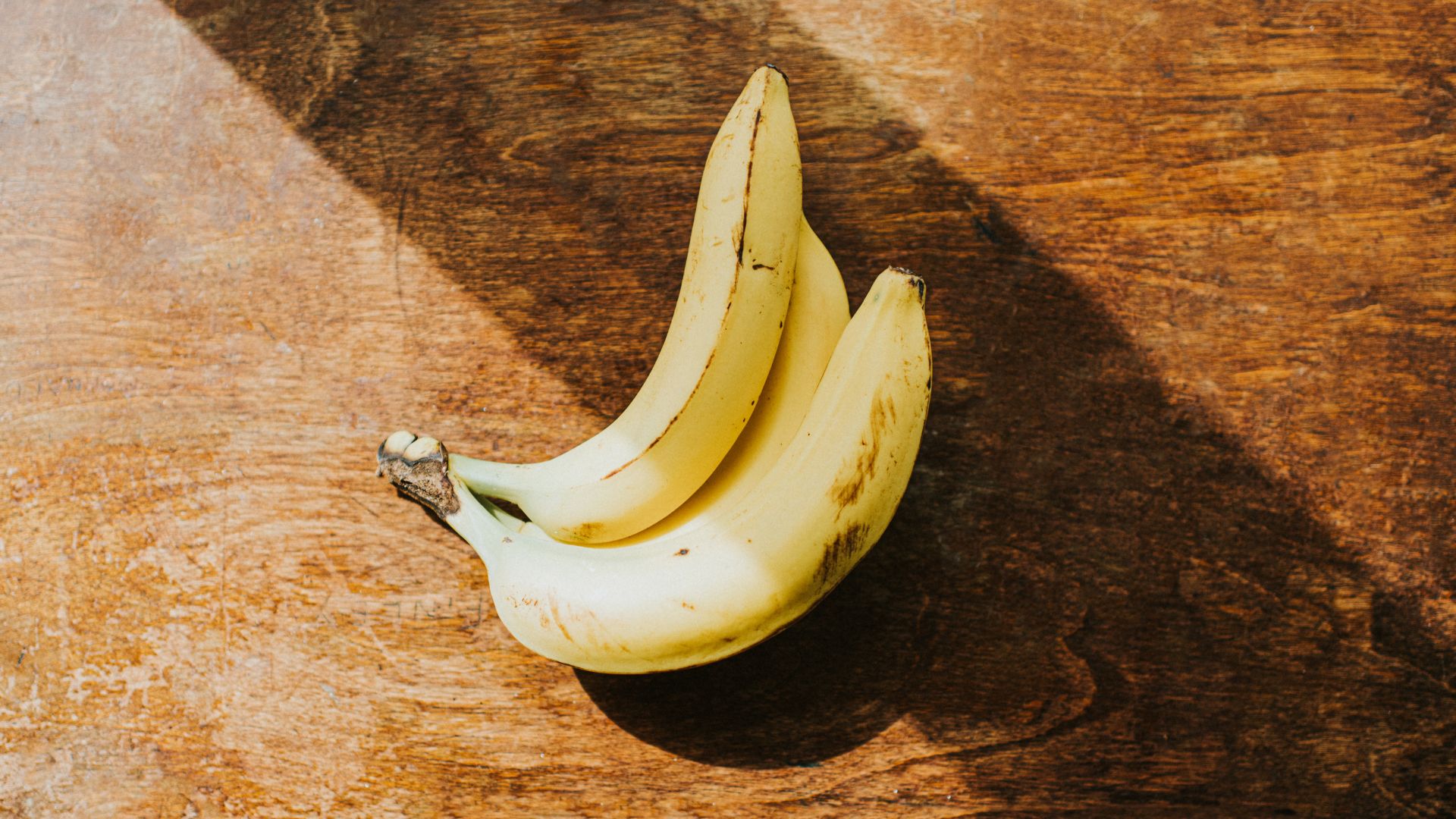
Bananas are a breakfast go-to for good reason. These fruits are richer in carbohydrates and potassium than others in the bowl, and as carbohydrates are the primary nutrient our bodies use for energy, they are more likely to keep us full. You can eat a banana on its own, but they also make easy additions to protein shakes and smoothies thanks to their muted flavour and smooth texture.
5. Eggs
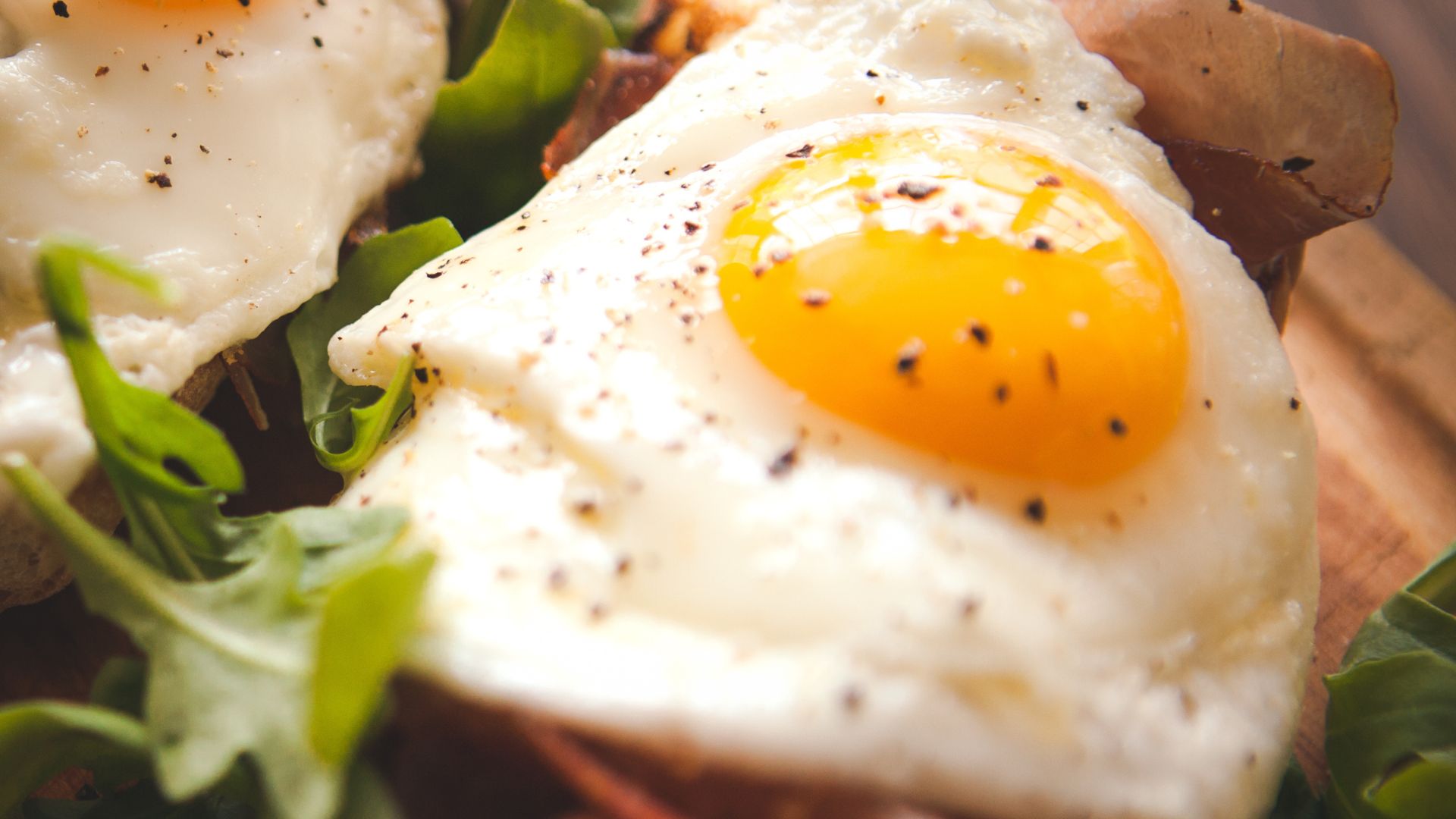
Eggs are rich in filling protein - about 6g per egg - making them the perfect breakfast go-to if you're looking to stay full until lunchtime. To get the most from this protein source though, be sure to eat the whole egg. About 40% of the nutrient comes from the yolk, the other 60% from the white.
6. Kidney beans
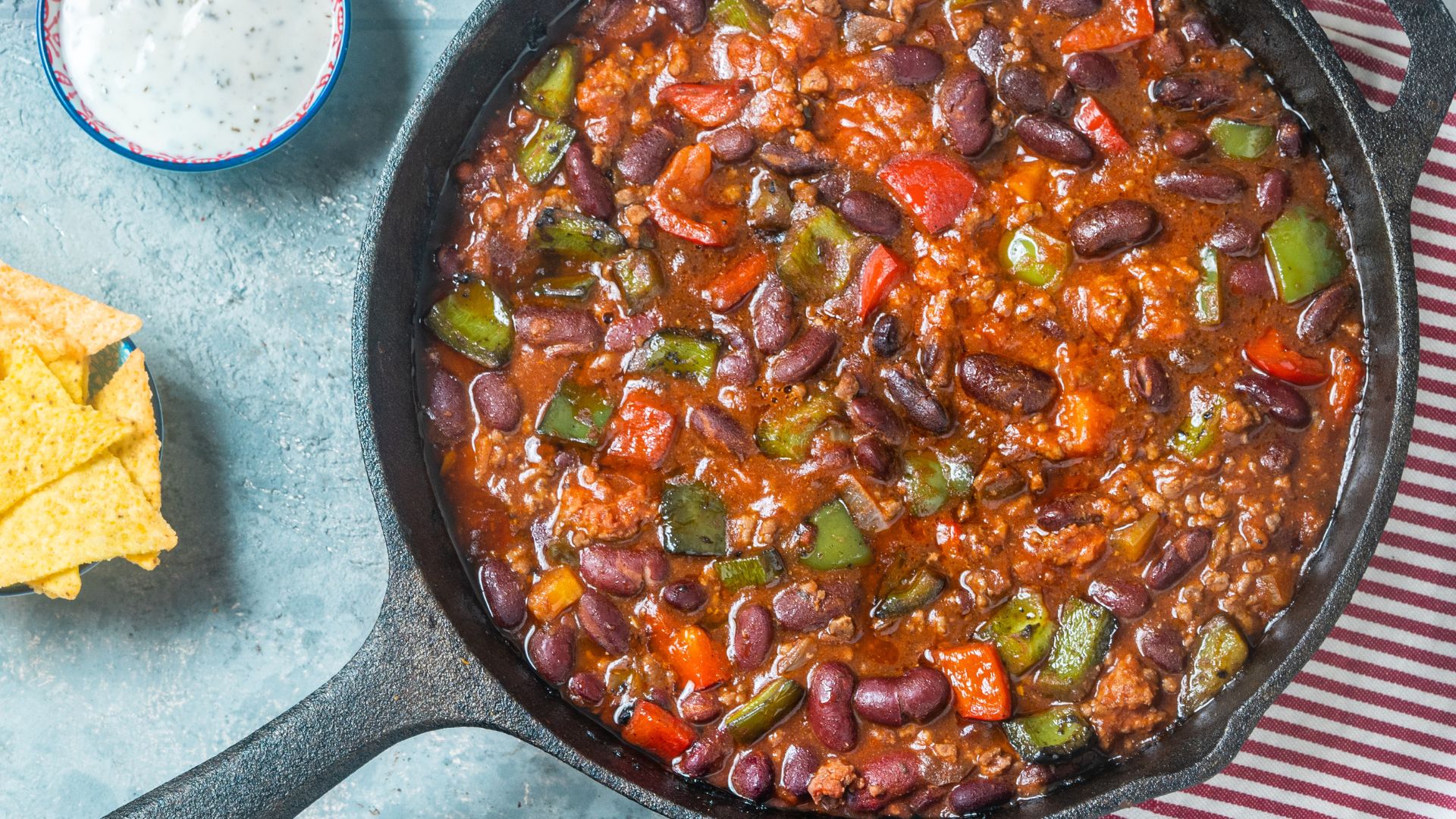
Perfect in a chilli, pasta salad, or bean dip, this vibrantly-coloured bean is a simple way to get lots of filling nutrients like protein and fibre into your diet. Kidney beans are also rich in folate, iron, copper, manganese, vitamin K1, and potassium - all essential minerals that keep the body healthy.
7. Chickpeas
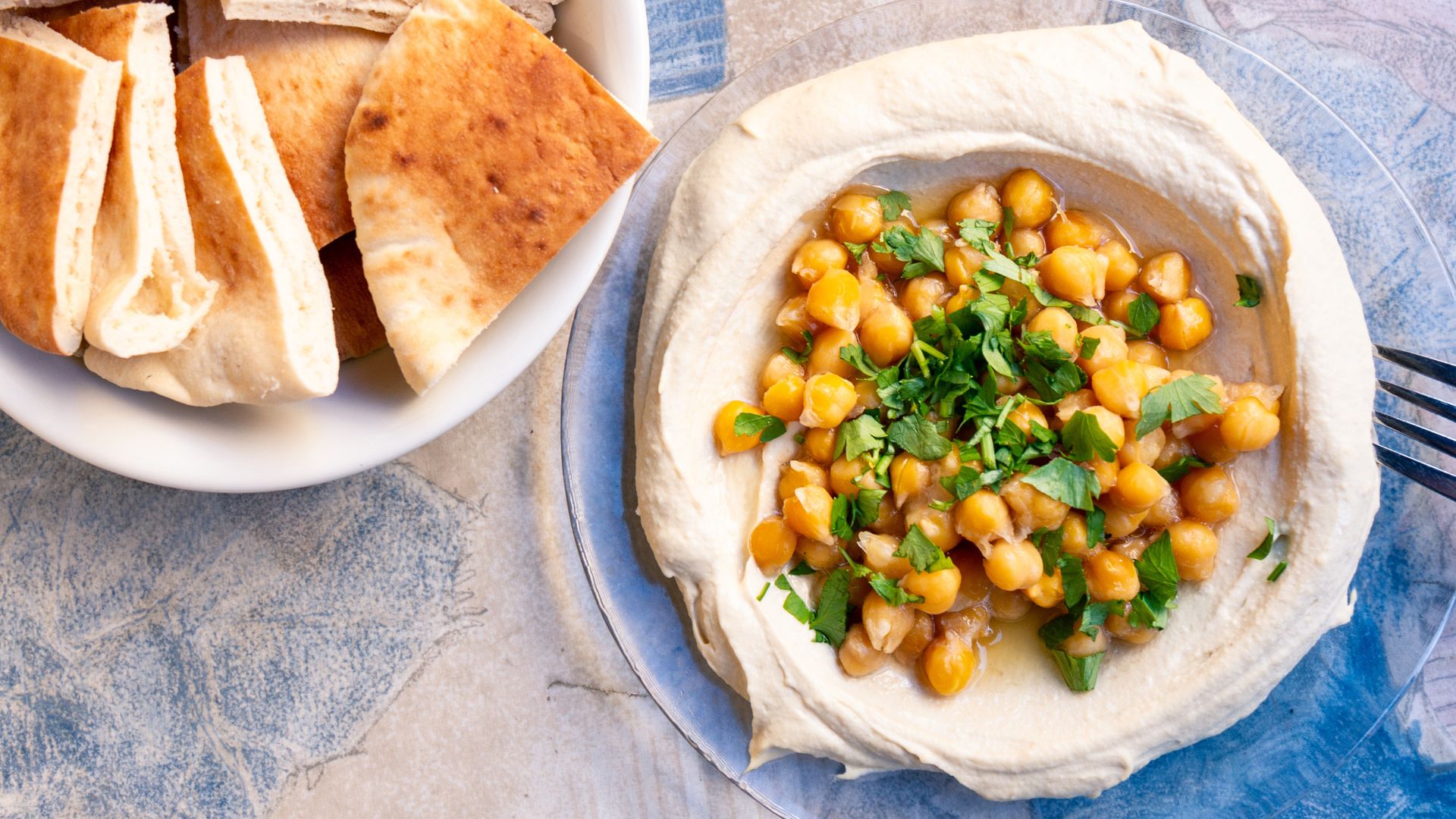
Chickpeas are a type of legume and one of the many foods that will keep you full thanks to their high fibre and protein content - with about 19g of protein and 17g of fibre per 100g of chickpeas. While there are many types of chickpeas out there, the most common ones are desi and kabuli chickpeas, and these are among the richest in nutrients.
8. Peanuts
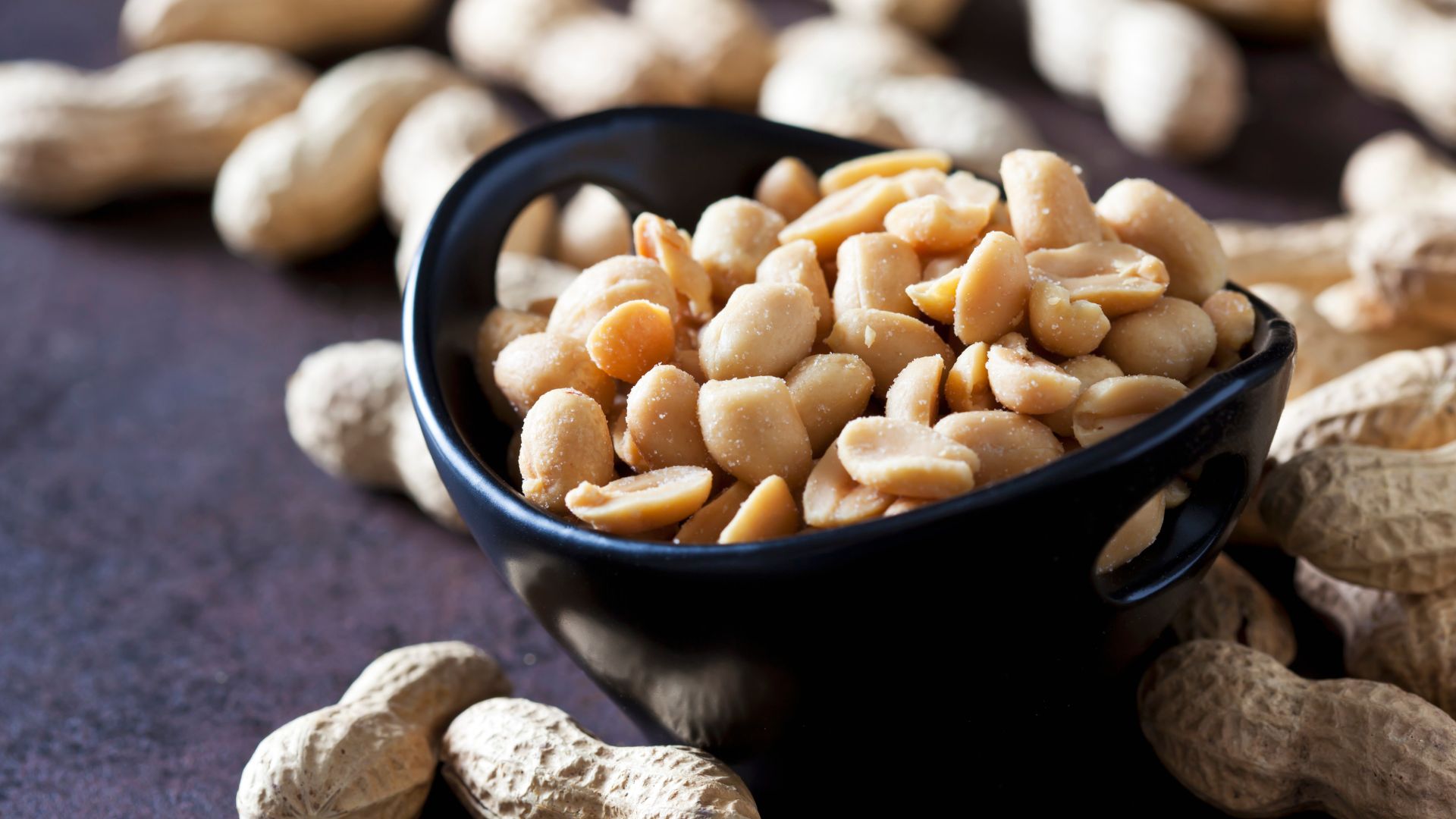
Peanuts - and peanut butter - often gets a bad reputation as it's relatively high in saturated fat. Yet, it's also one of the foods that will keep you full as it's also high in protein and healthy fats, both filling macronutrients. Peanut butter products are also one of the most versatile foods, making them easy to add to your diet in sweet breakfast foods and savoury noodle dishes, for instance.
9. Chia seeds
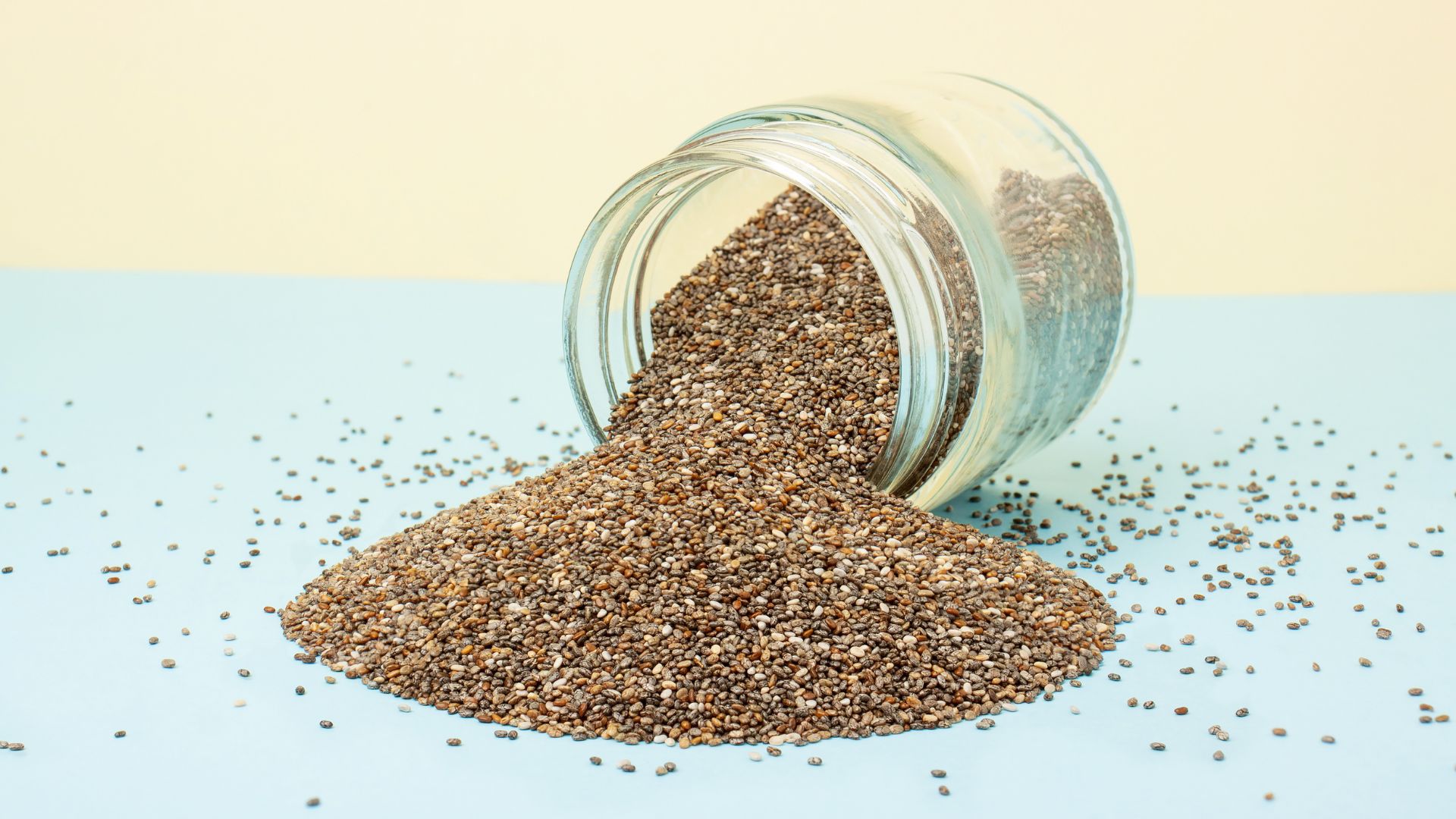
These black seeds may look small but they pack a punch when it comes to keeping us full. Chia seeds are high in two fibre types - soluble and mucilage, the latter of which makes up the glue-like texture of soaked chia seeds. These two fibres have been proven to slow down digestion in studies by Government College University Faisalabad, which can help us feel fuller for longer and even prevent spikes in blood sugar after eating.
10. Oats
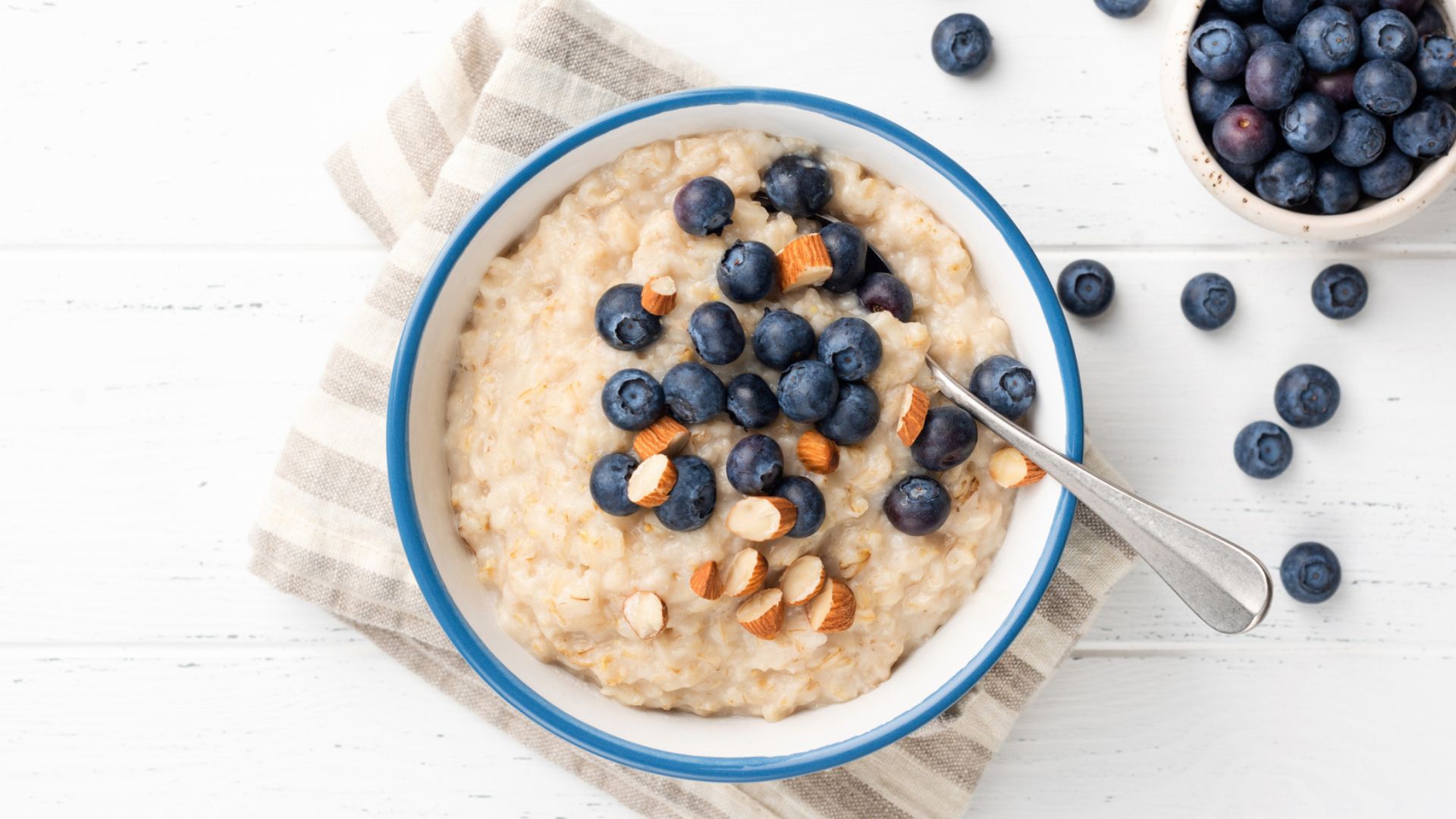
Oats are a complex carbohydrate, which means they are high in filling fibre and can be digested slower than other foods. When oats are combined with chia seeds and banana in an 'overnight oats' mixture or porridge, it creates a breakfast or snack high in fibre, protein, and complex carbohydrates. It is almost guaranteed to keep you full until your next meal.
11. Salmon

Regardless of whether you have it smoked, baked or sushi-style, salmon is a great fish for those who want to stay full. It's naturally high in protein and heathy fats, both of which are super filling. These nutrients also have other health benefits though, especially for those who do regular exercise - for example, protein is essential for muscle growth and repair, and healthy fats can help to reduce post-exercise inflammation and damage to the muscles.
12. Sweet potatoes
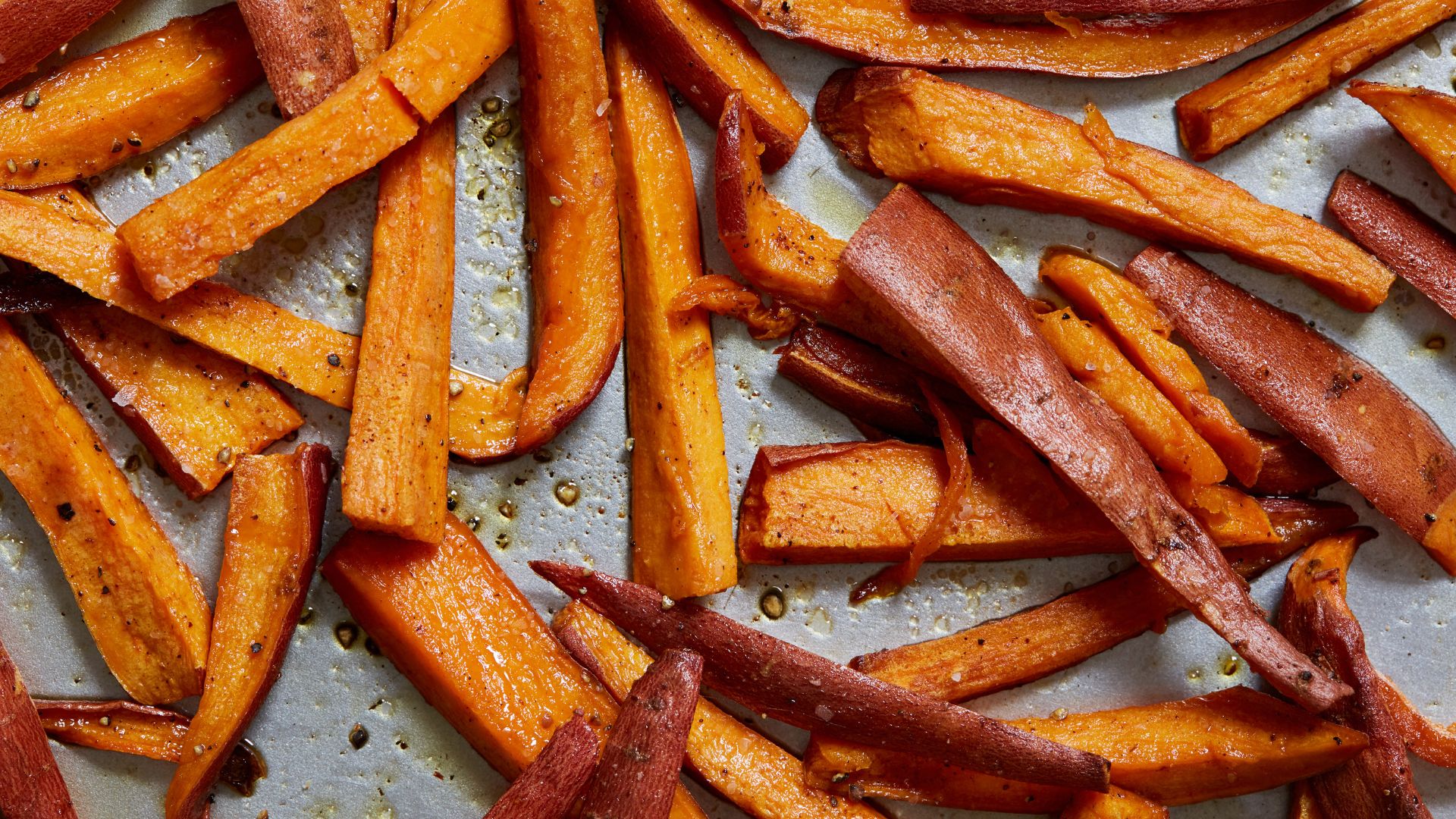
Sweet potato is a great alternative to the white variety and an ideal source of complex carbohydrates, as they have a low glycemic load and contain copper. Don't panic - it's the good kind of copper, the one you need in your diet. Copper can help boost your energy levels, so it's a great food to eat to stay full in the afternoons when your concentration may otherwise be dwindling.
13. Black beans
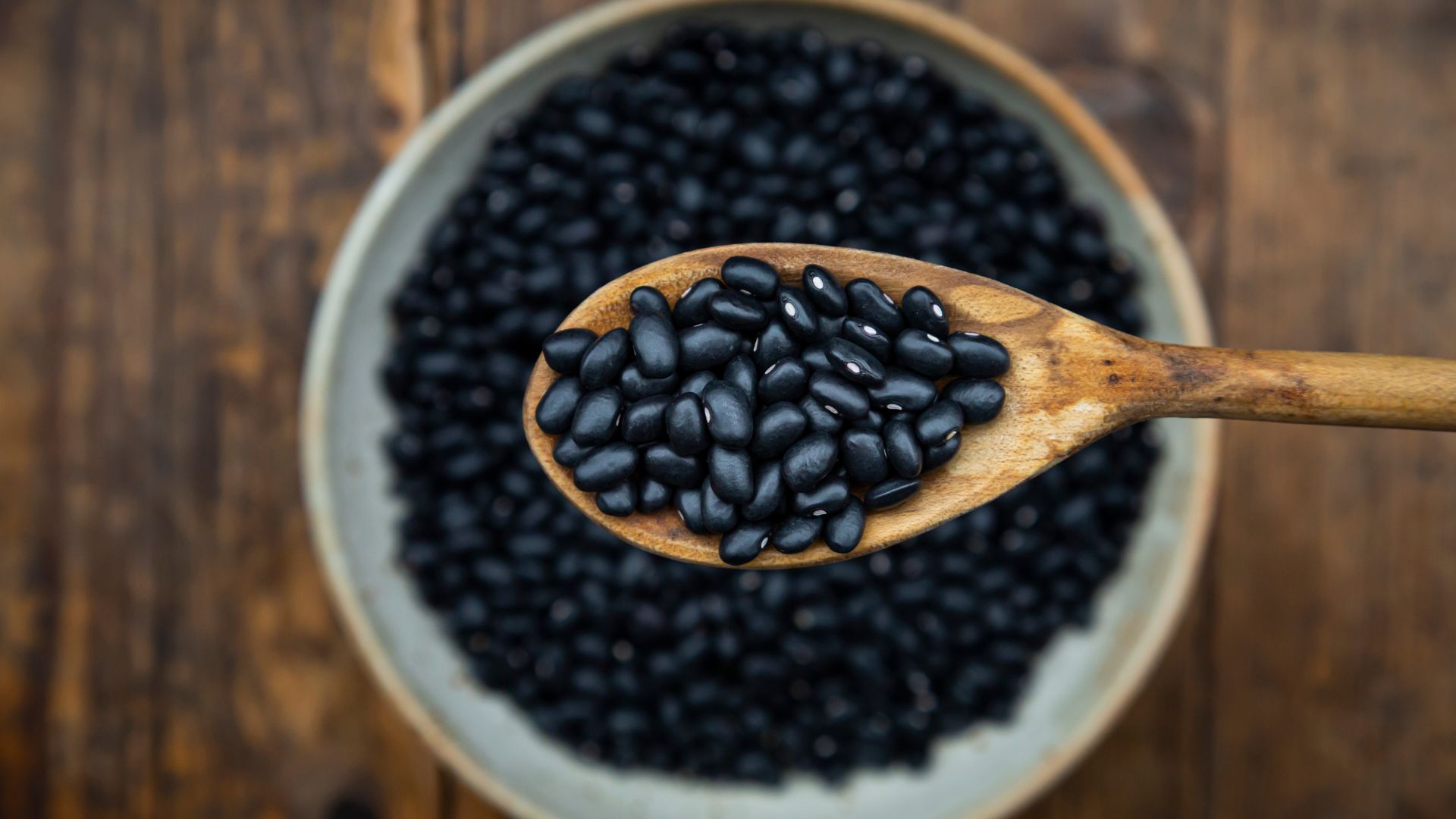
Black beans are super high in protein with 21.6g of protein per 100g of beans - that's as much as any standard protein bar - so it's perfect to have as a filling morning or mid-afternoon snack. They contain a good amount of carbohydrates too, so they're a great source of energy.
14. Broccoli
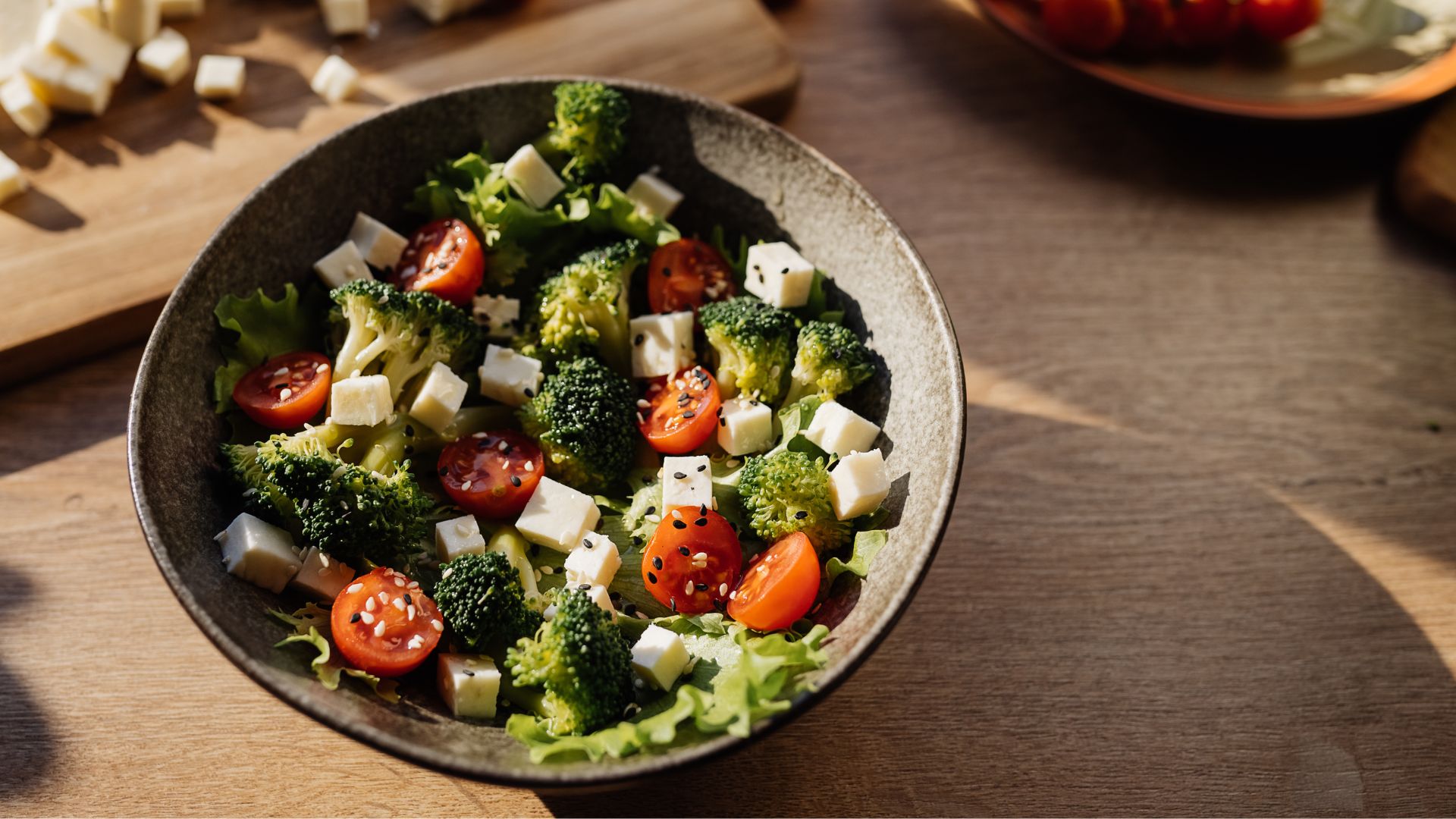
Leafy green vegetables, such as broccoli, make an excellent addition to any meal as they are relatively low in calories but packed full of fibre. As fibre is one of the most filling macronutrients, since it takes longer to digest than others, it can keep you fuller for longer than other vegetables. However, it can also contribute to keeping your digestive system healthy by promoting regular bowel movements and contributing to the positive microbes in the gut.
15. Cheese
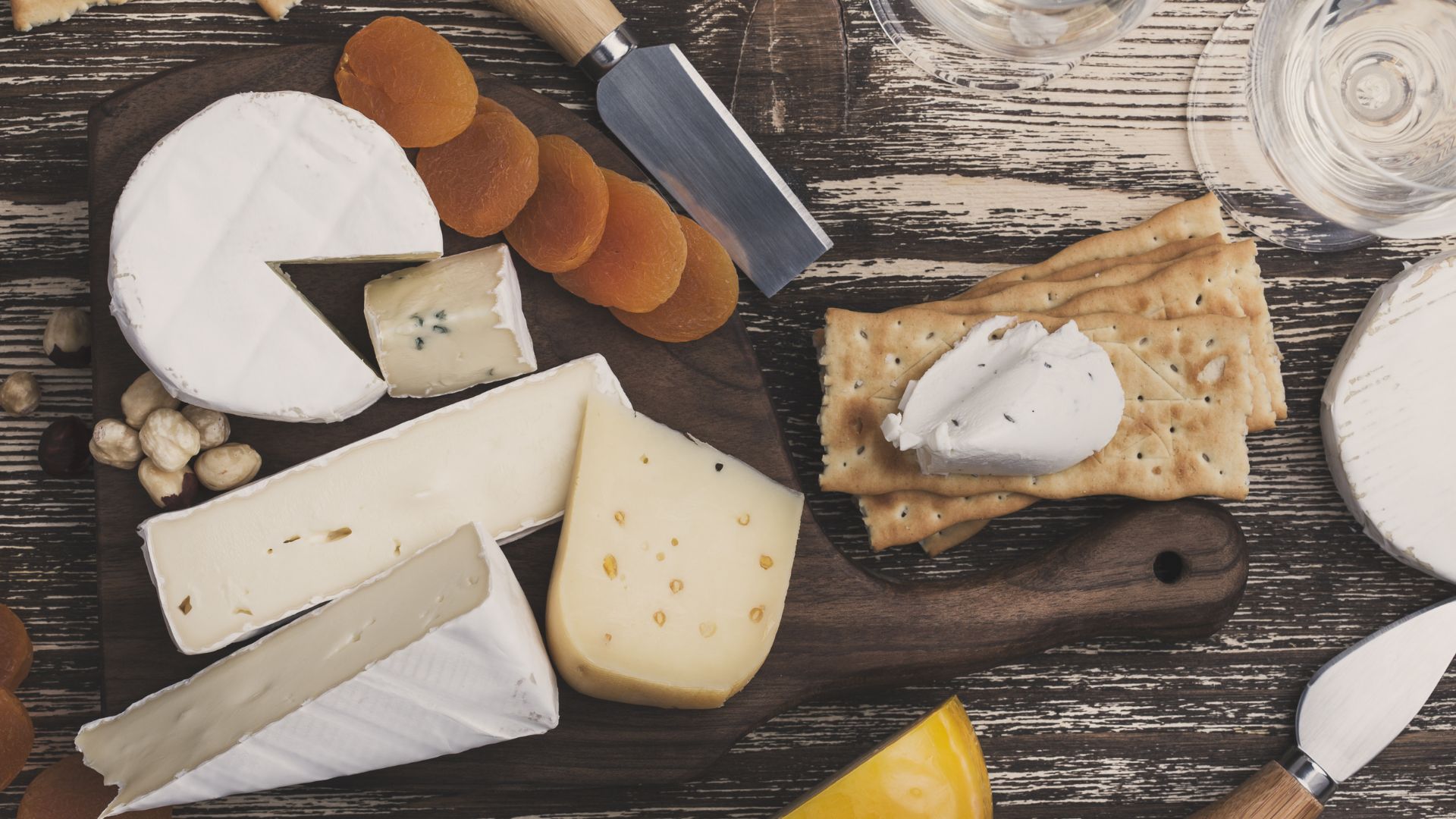
Types of cheese that contain cow's milk - including cheddar, brie, and stilton - make for a great snack or addition to a meal to help you stay full. Pair one with crackers and your favourite chutney or sprinkle on your pasta and you'll have a good amount of whey protein on your plate. This protein, McMaster University says, is rich in an amino acid called leucine. Along with helping to reduce inflammation and improve muscle mass, this amino acid can improve blood sugar levels, preventing cravings in the hours afterwards.
16. Quinoa
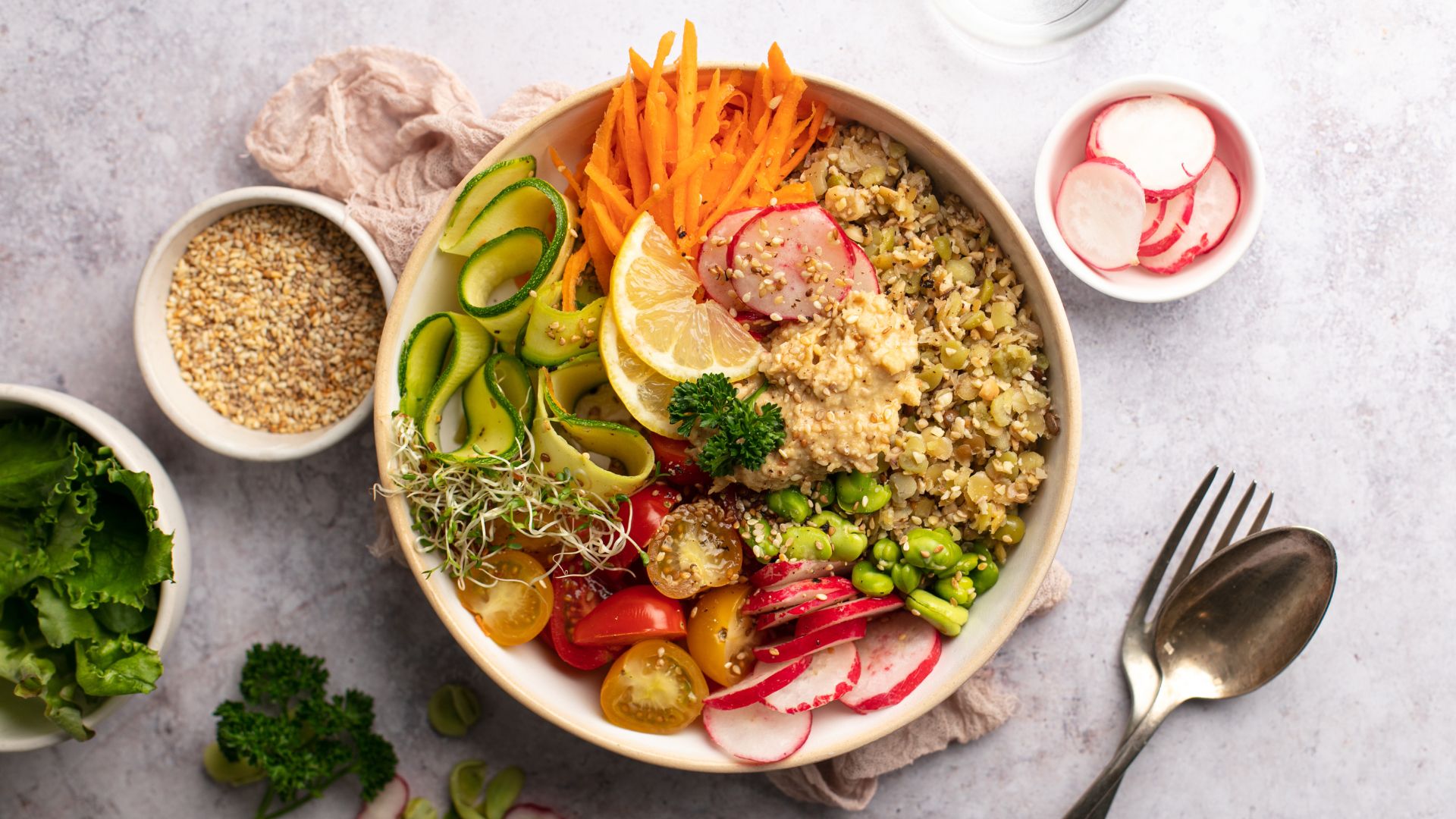
Quinoa is a type of wholegrain, made from the edible seeds of the plant. These seeds are rich in fibre, protein, B vitamins, and essential minerals that keeps stomachs feeling full and digestive systems happy. There are so many ways you can cook this delicious type of wholegrain, it makes for a perfect daily meal staple if you're struggling to stay full after lunch.
17. Popcorn
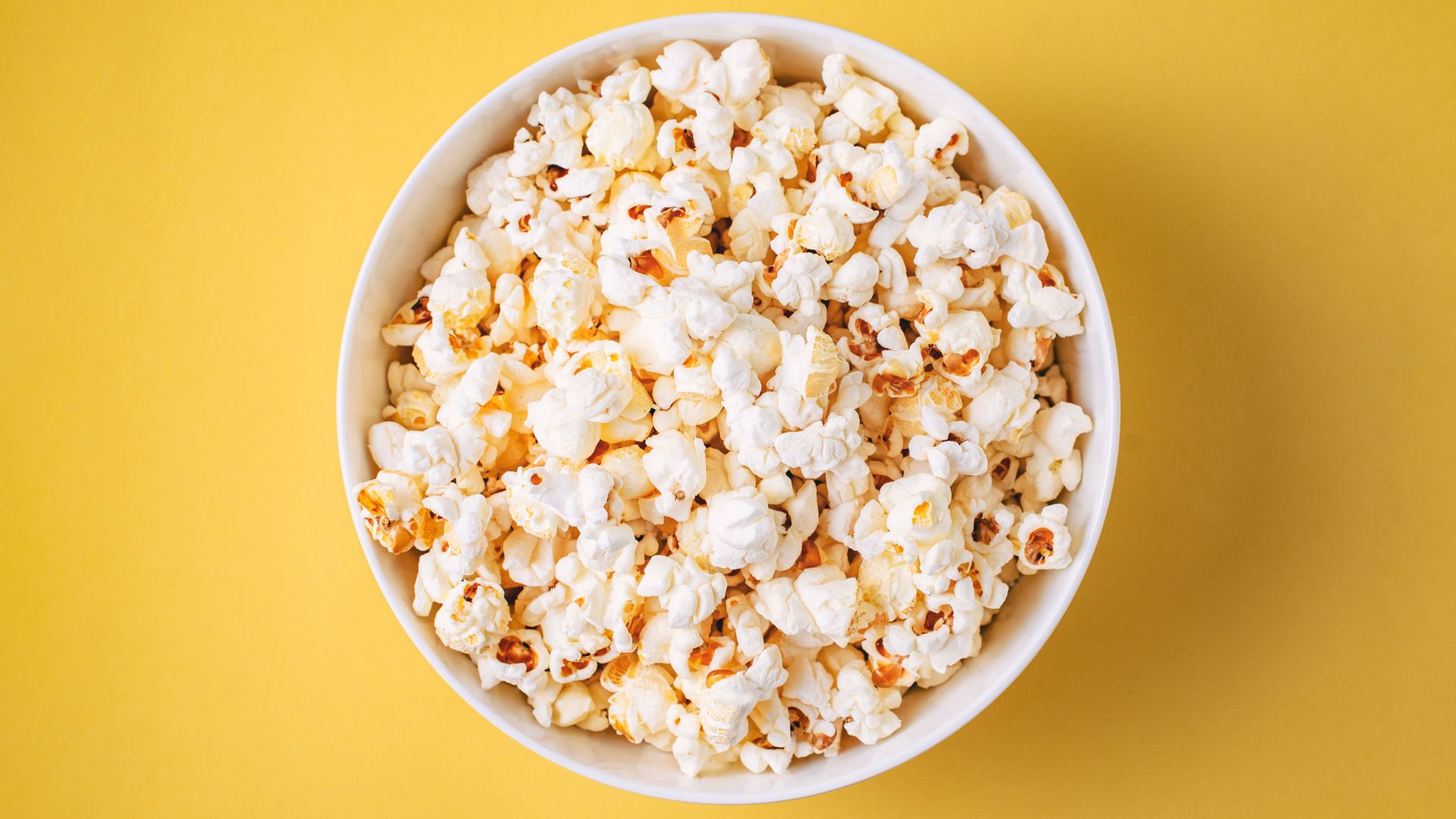
You might not think this lightweight corn product would be very filling but it's true, corn is one of the foods that will keep you full. That being said, if you're going to eat popcorn to keep you full, it's best to have it uncovered in butter, sweetening or salty toppings. Natural or with a drizzle of honey is a better alternative to prevent sugar crashes and cravings later on.
18. Berries
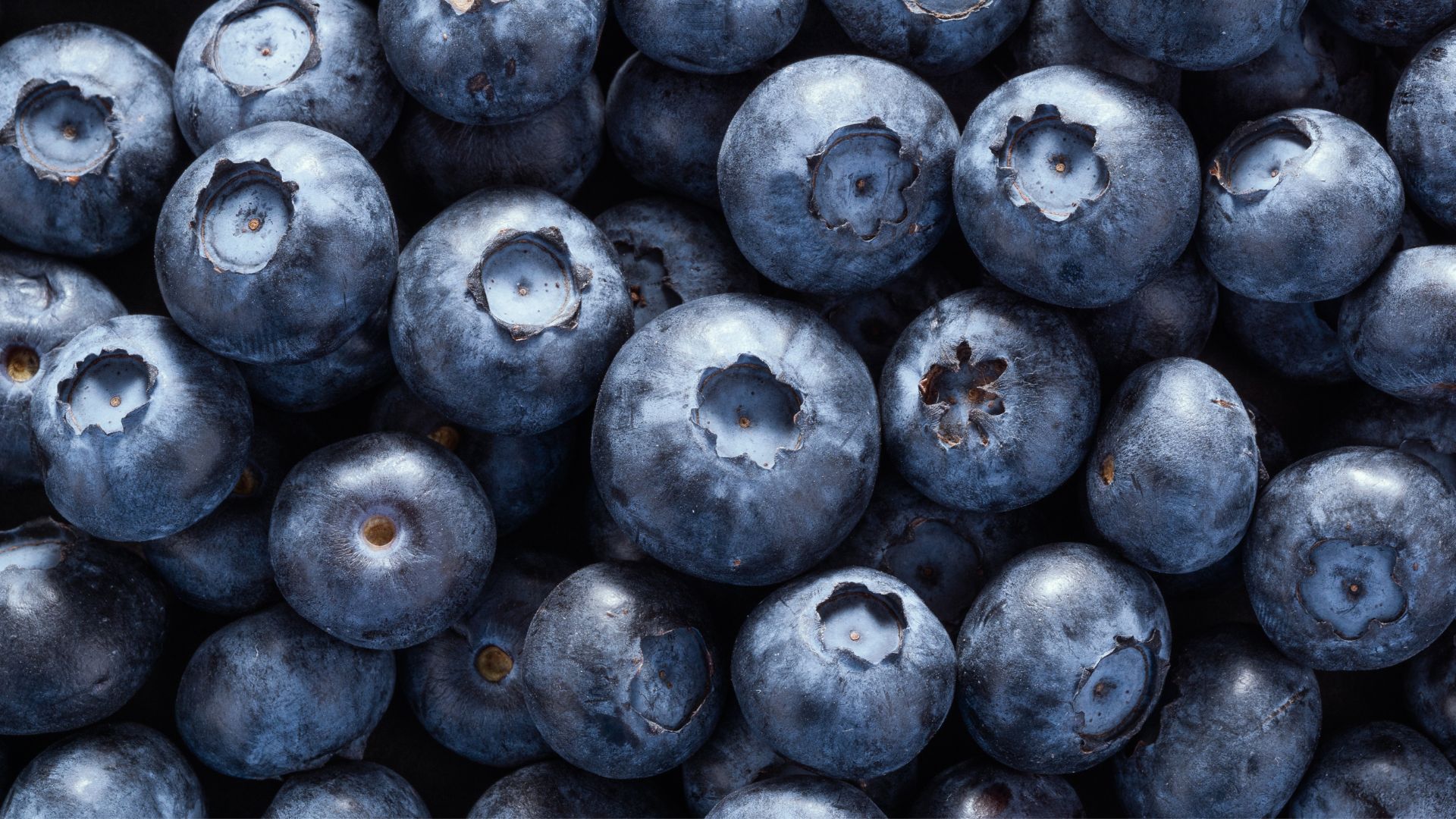
Per research by Army Brooke Medial Centre, berries are rich in pectin - a type of fibre that's been proven to slow down how quickly our stomach empties and increase feelings of fullness. Importantly, this has been proven in both human and animal studies. So, the next time you're feeling hungry in the morning, instead of reaching for naturally carbohydrate-rich foods like bread or cereal, scatter some berries on a bowl of porridge. The combination of the oats, which are rich in complex carbohydrates too, and berries will be a winner.
19. Chicken
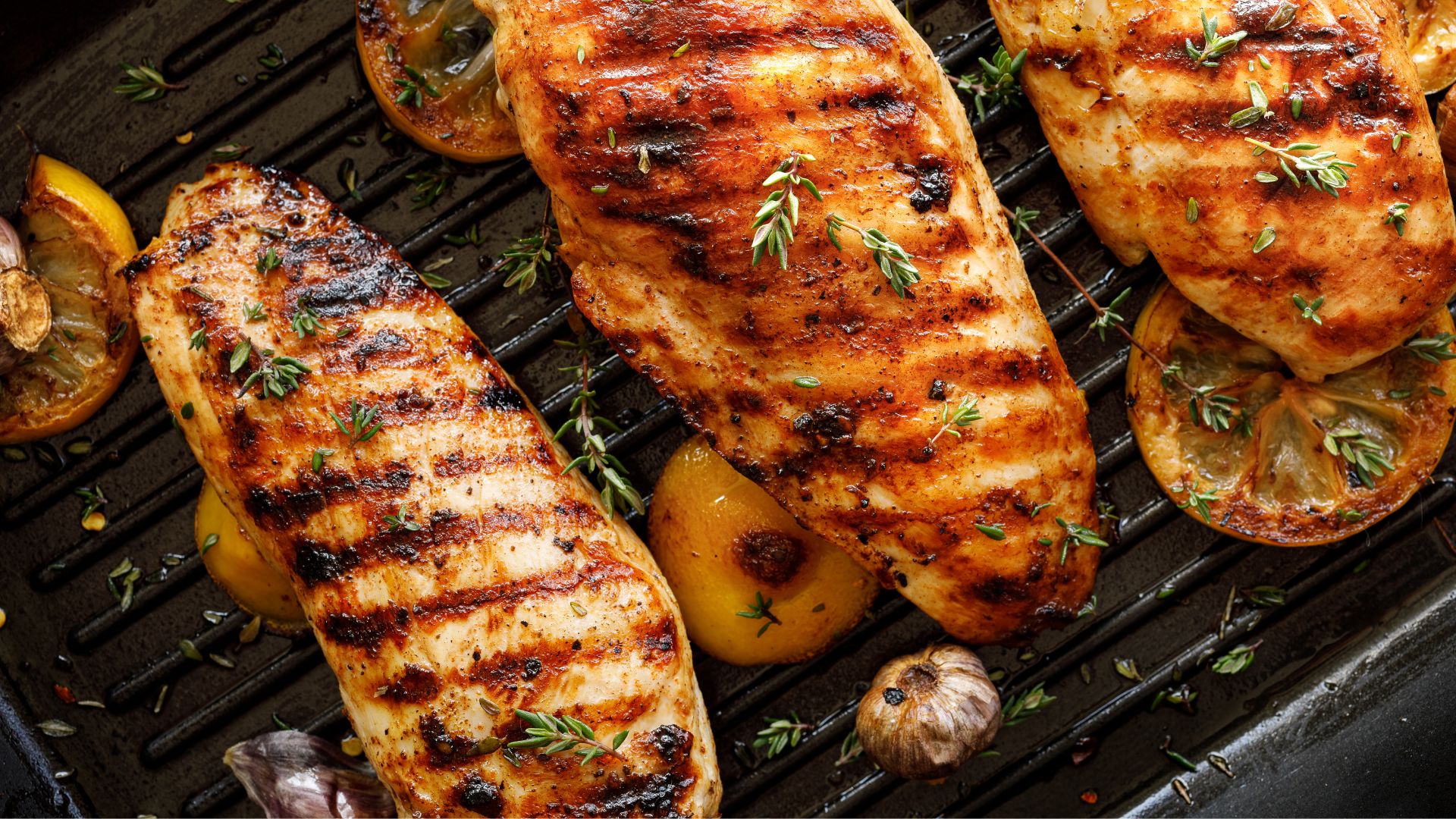
When it comes to filling foods, chicken is often at the top of many people's lists - and for good reason. Per 100g of chicken, you can have a huge 31g of protein - that's way more than what's offered by most standard protein bars. However, if you find yourself regularly eating the classic chicken, rice, and broccoli combo to try and stay full, other lean white meats like turkey make good alternatives, offering similar amounts of protein per serving.
20. Spinach
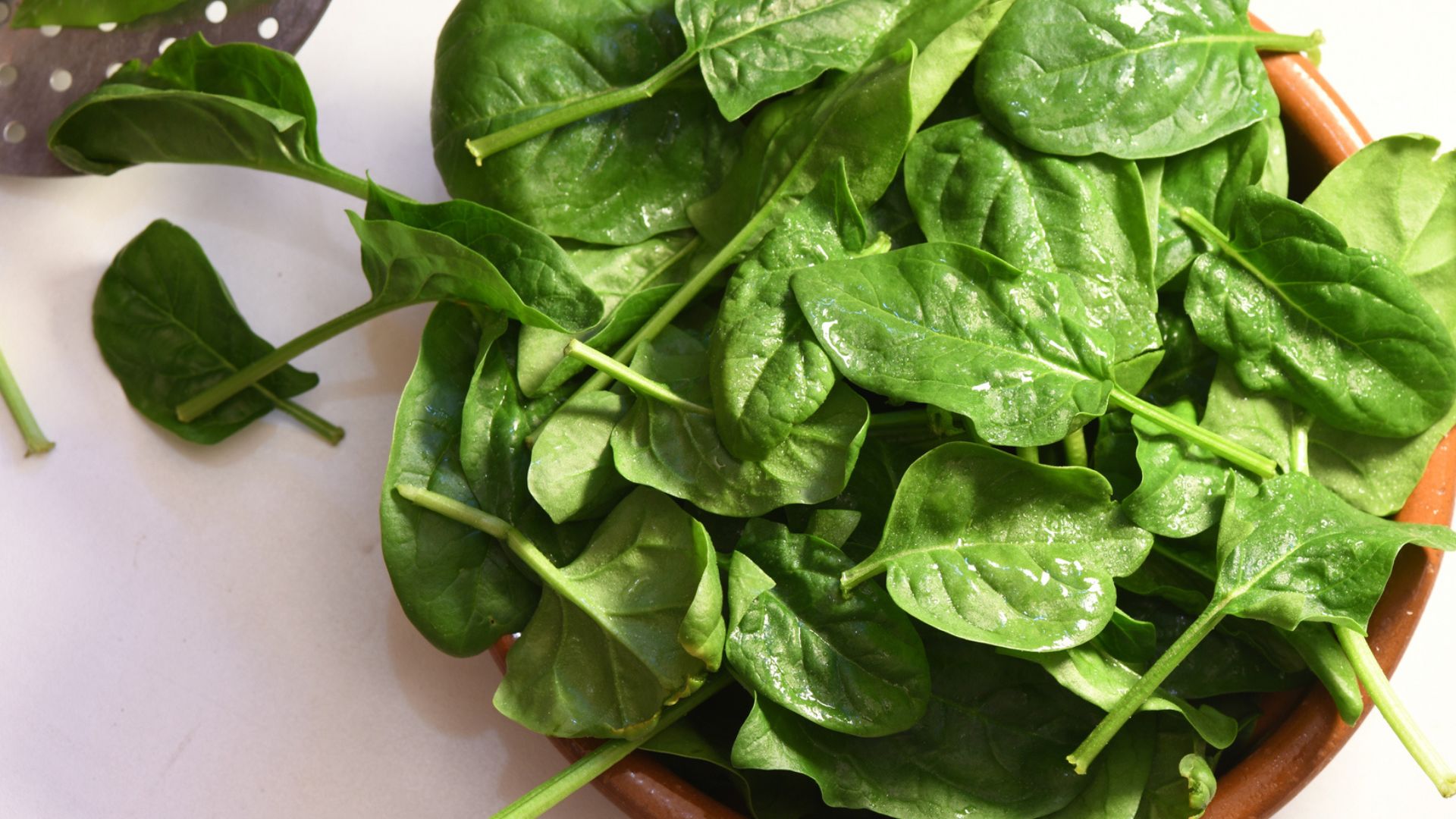
Much like many other leafy green vegetables, including broccoli and kale, spinach is a filling vegetable thanks to its high fibre levels. Plus, it's one of the most versatile vegetables, being so easy to wilt down into edible portions. You can add it to pretty much every meal and it makes a great addition to a smoothie or protein shake.
21. Lentils
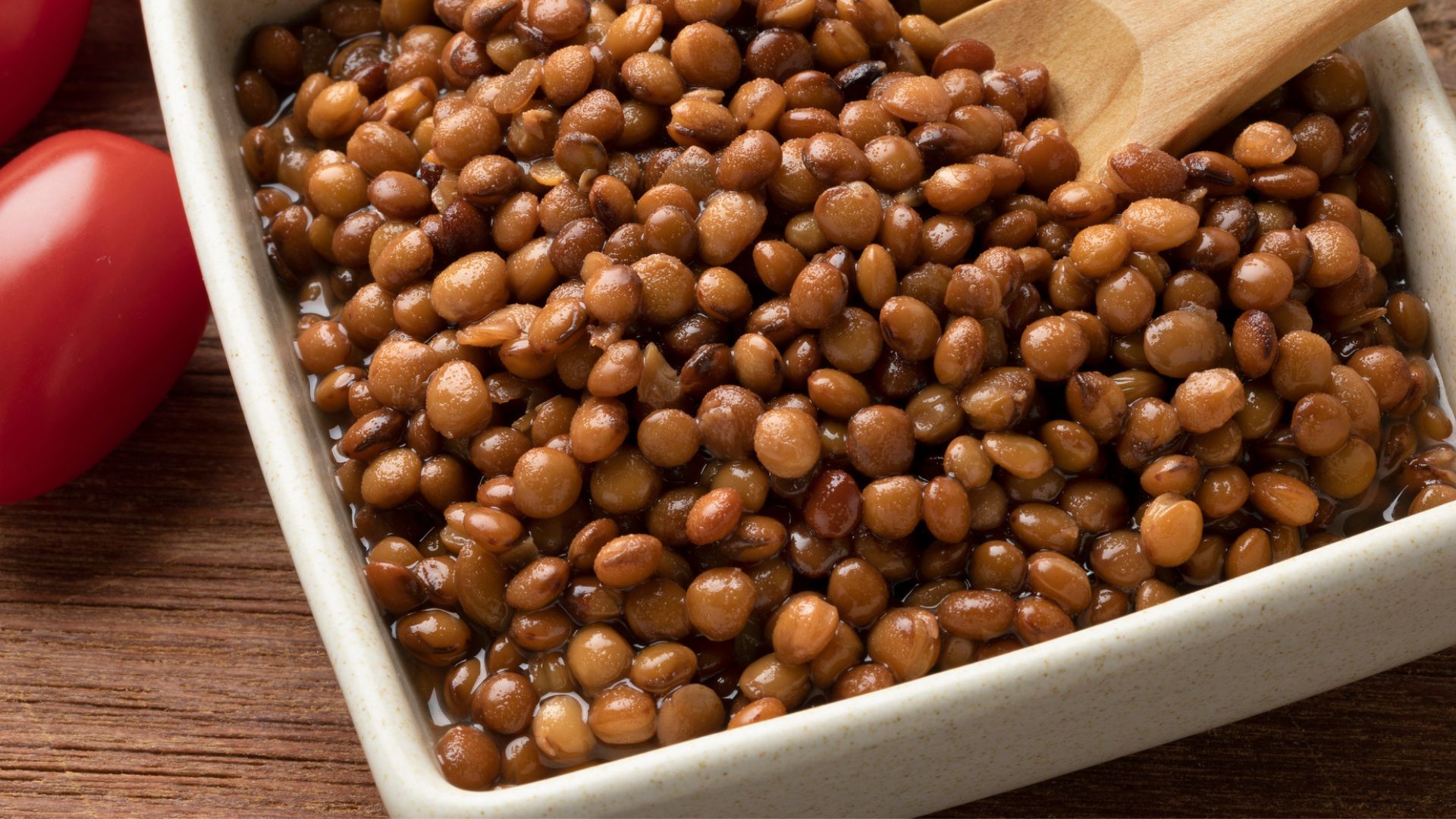
Lentils - whether fresh, dried, or tinned - make for a great alternative to pasta or rice for those who want to focus on staying fuller for longer. Unlike white carbohydrates, lentils are high in fibre, protein, B vitamins, iron, folate, calcium, potassium, and zinc - all useful when it comes to slowing down digestion and reducing cravings for sugar-rich snacks.
22. Apples
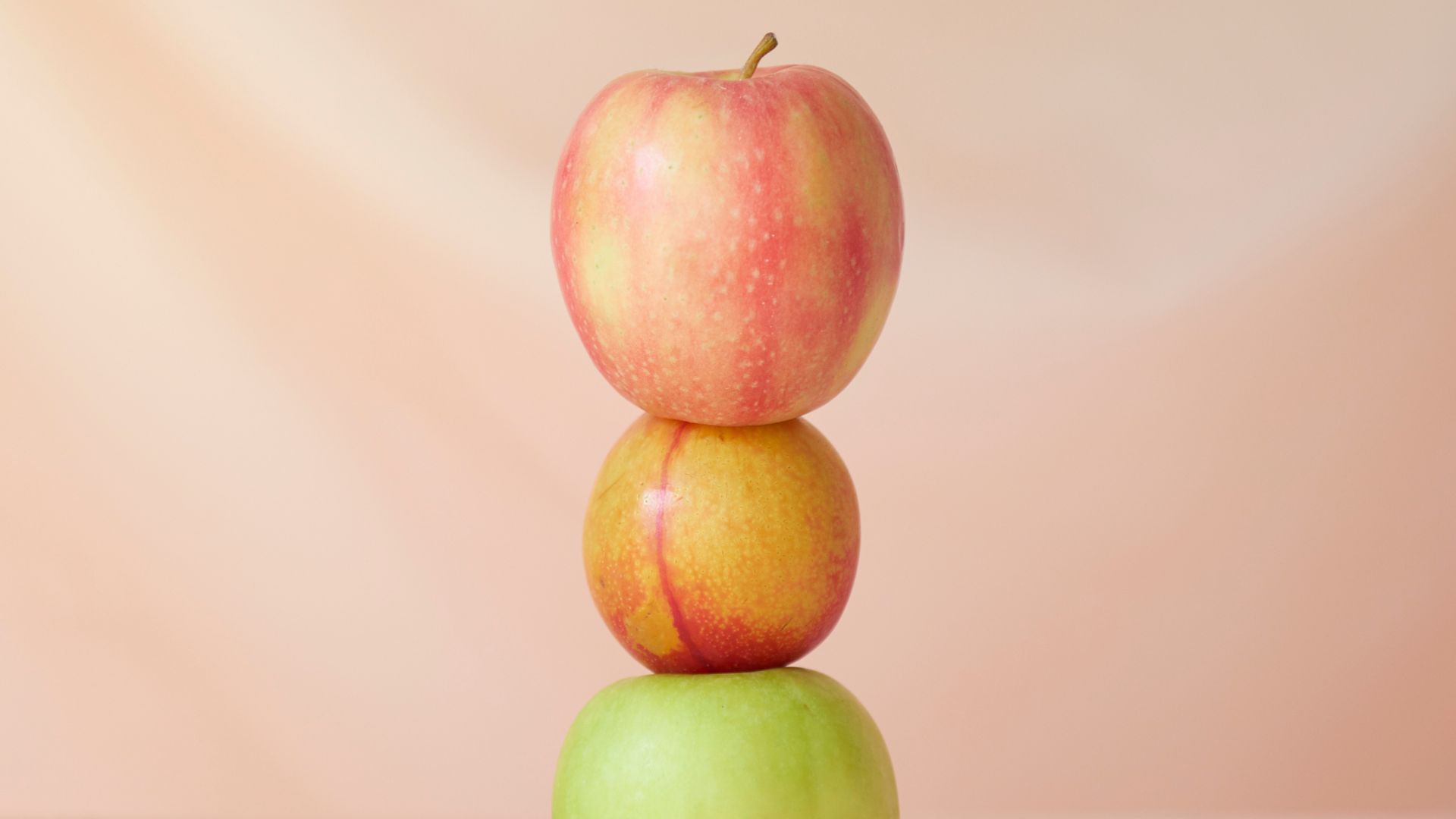
Apples may seem like more water than anything else - but they are actually very high in fibre as well. In a study linked to the University of Nottingham, researchers gave participants whole apples, applesauce, and apple juice, and found that those who ate the full fruit were significantly more full than the others. This could also be because apples take longer to eat, thanks to their crunchy nature.
23. Carrots
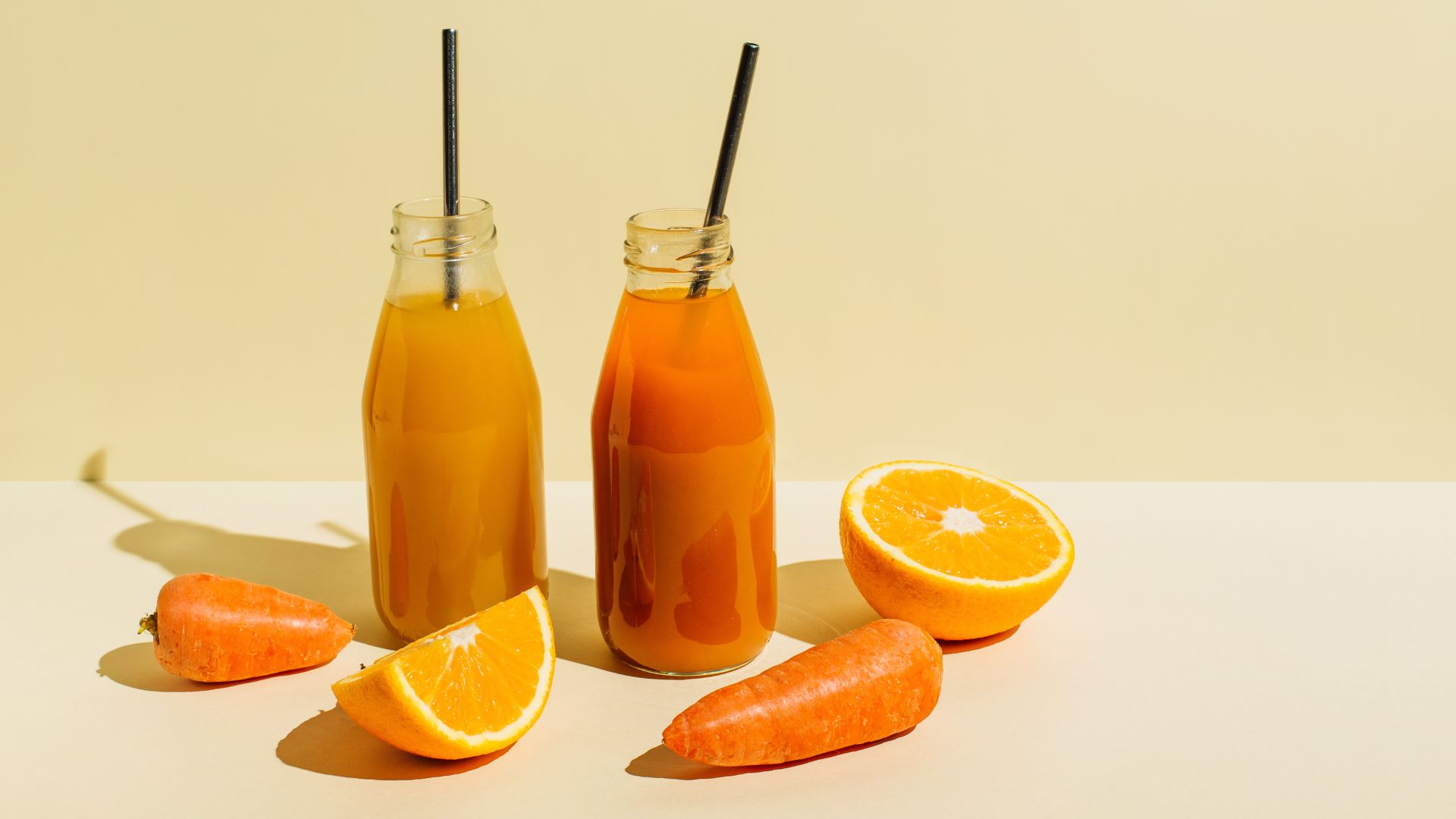
With 2g of fibre in just 100g of carrots, these vegetables are an excellent addition to your plate. This fibre contains pectin (a type of soluble fibre) and insoluble fibre, both of which help us stay full. When eaten raw, much like other crunchy foods, it takes longer to eat carrots so you may naturally feel full simply by eating slower.
24. Red chili peppers
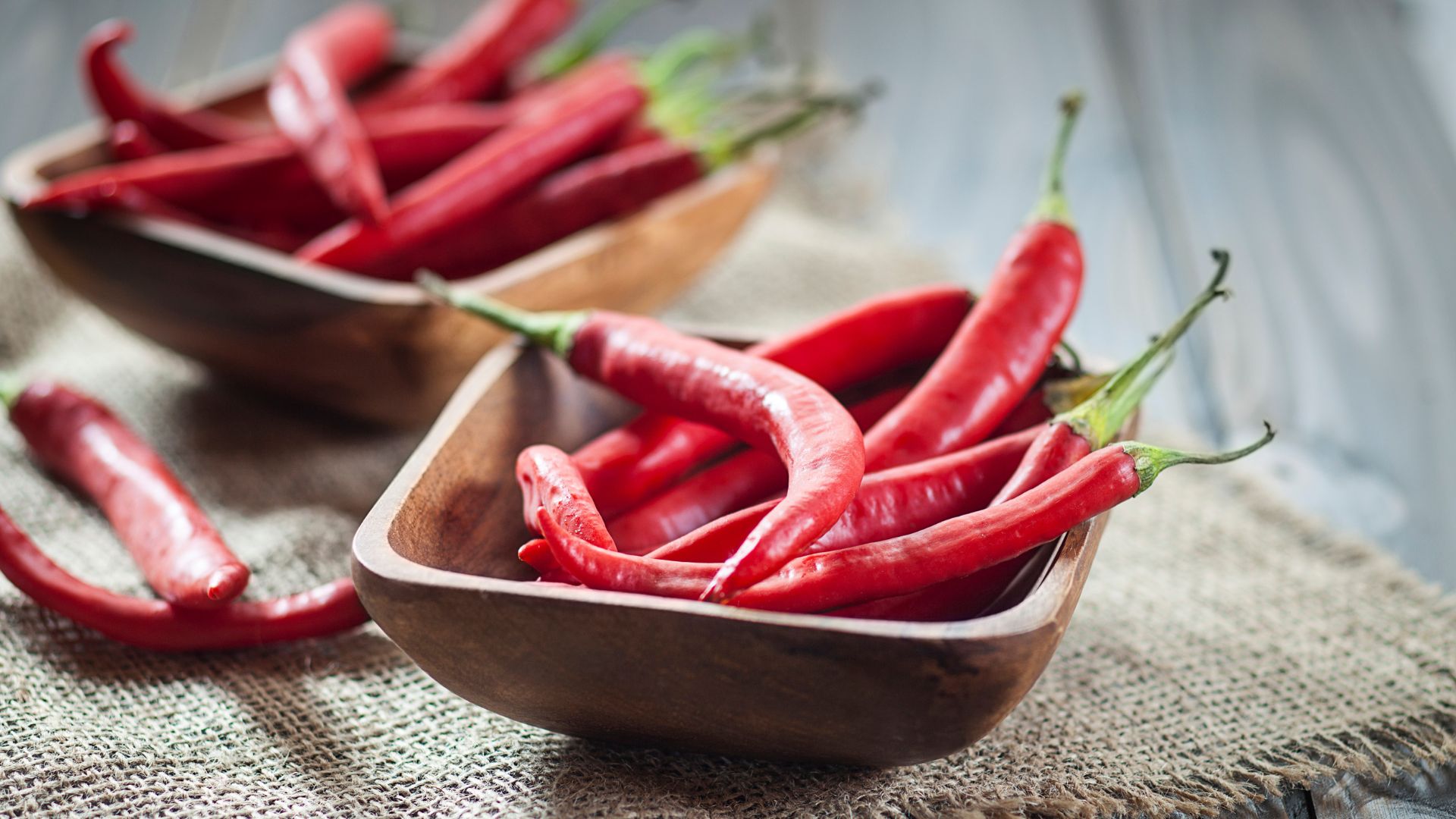
Red peppers, more so than the yellow, orange, or green varieties, have been known to increase feelings of fullness and reduce cravings. This, a study by Maastricht University reveals, is down to an ingredient called capsaicin - the component that gives these vegetables their strong flavour. Add it to your pasta, chilis, soups, or sandwiches if you're a fan of foods with a little spice.
25. Dates
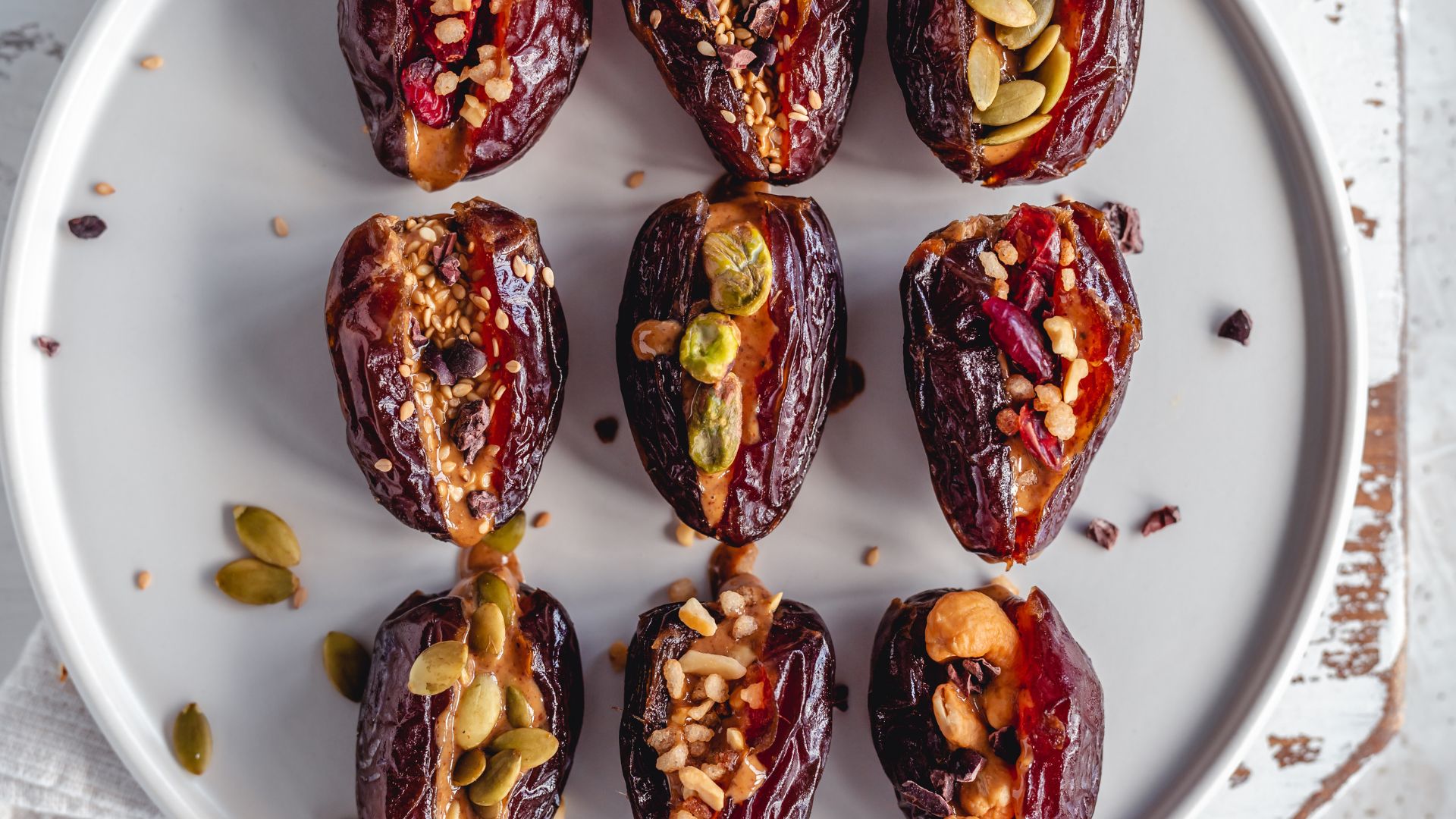
Dates are one of the foods that will keep you full thanks to their high-fibre content. They are also naturally high in sugars and the combination of the two causes blood sugar to rise slower than it otherwise would after eating, helping you feel energised without the crash that comes afterwards. If you're looking to create a filling snack from these chocolatey-tasting fruits, fill them with peanut butter and top with a walnut.
26. Seaweed
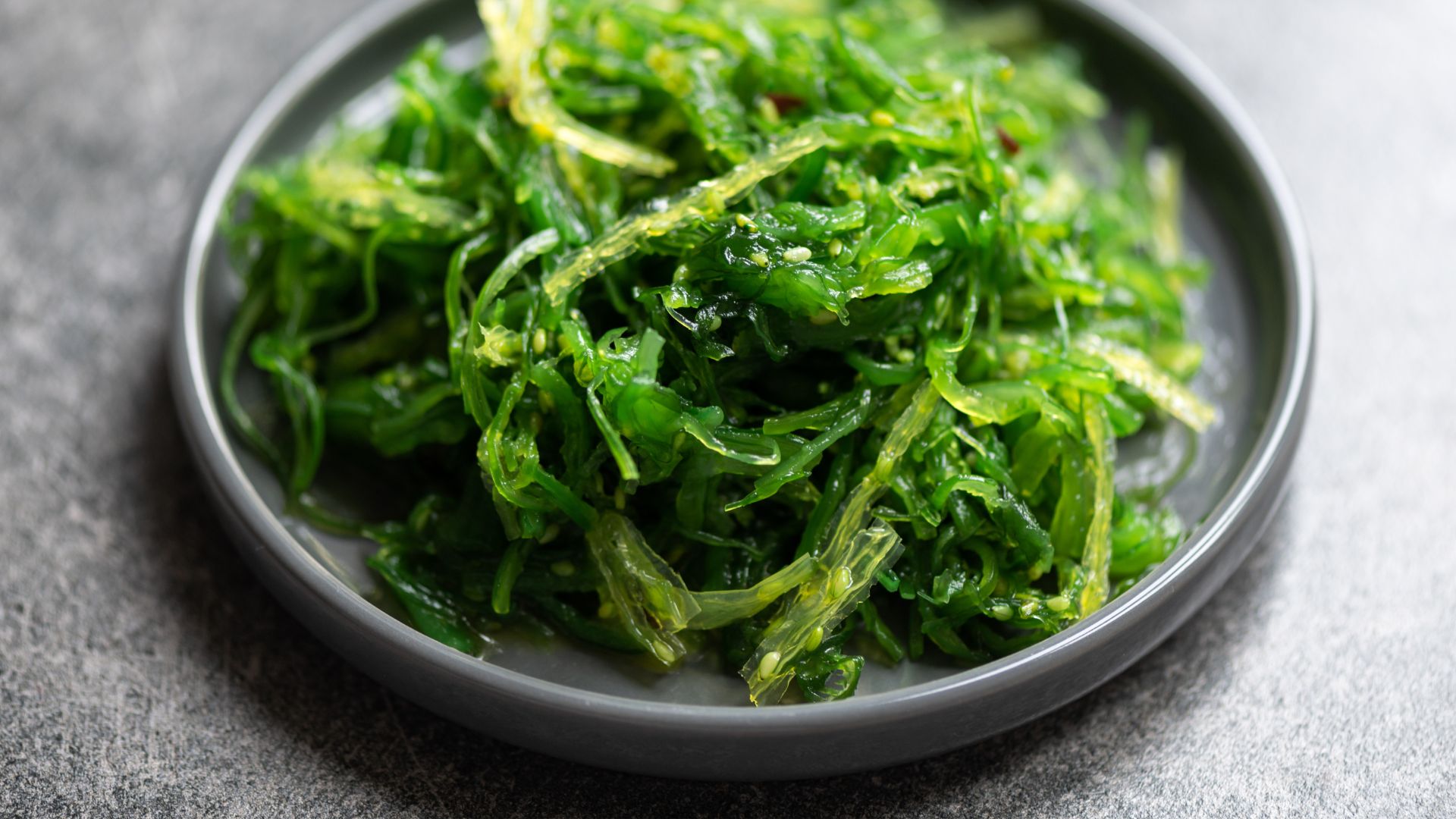
Often referred to as a 'superfood' because of the high nutritional content, seaweed has many proven benefits - including making you feel full on very few calories. Research by the Catholic University of Portugal reveals that this marine plant is full of fibre, which can slow down the speed at which the stomach empties and helps you feel fuller for longer. These days, you can buy it dry from many health food stores and high-street restaurants.
27. Peas
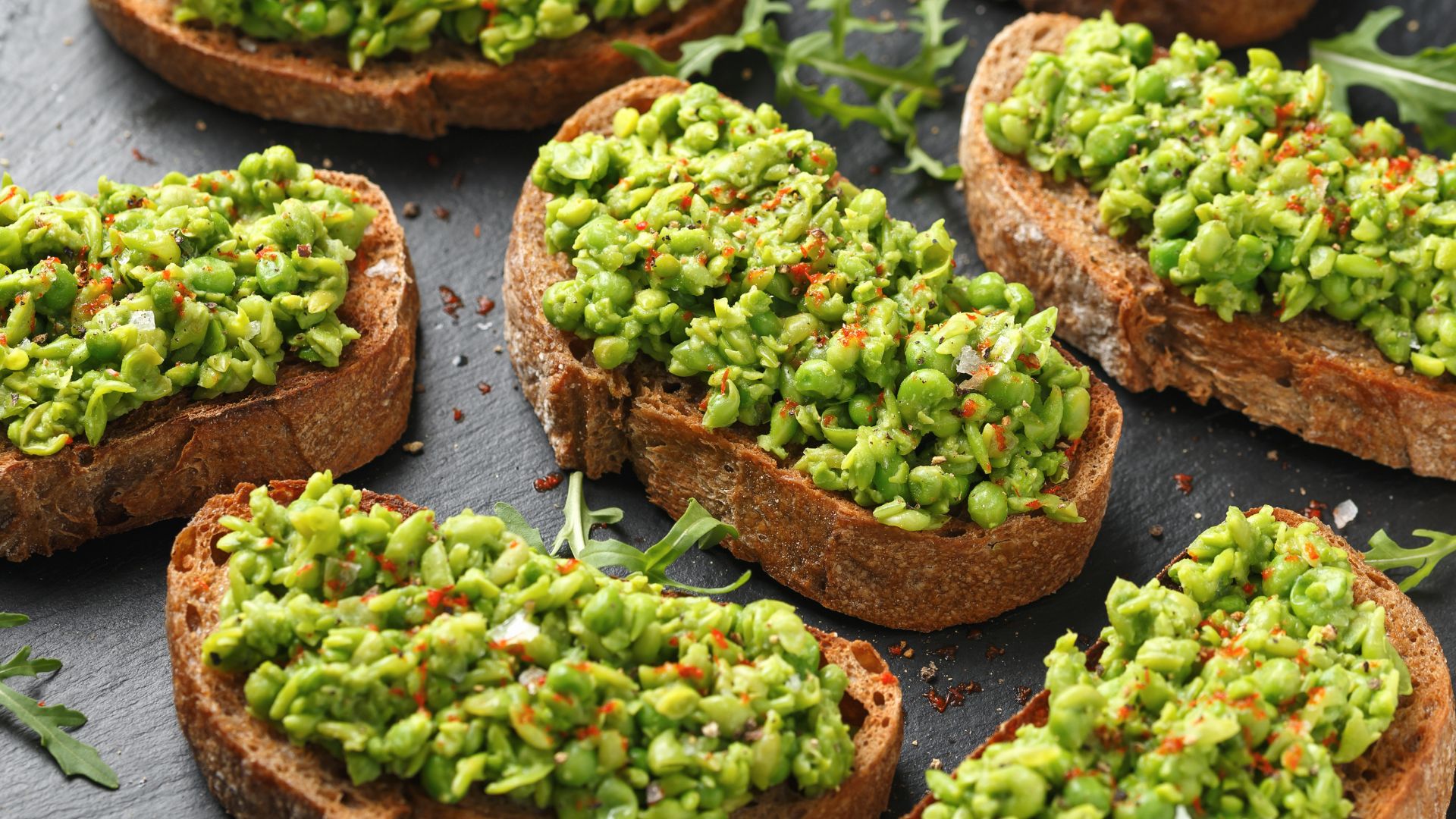
These small round greens are finally getting their day in the sun as peas on toast - peas mashed and combined with salt and lemon - have become the new avocado toast. Luckily, they are also just as high in nutrients as the creamy avocado, being rich in plant-based protein. They also have more volume than other foods, meaning you can eat a large amount for very few calories, which can be useful for those trying to lose weight as well.
28. Walnuts
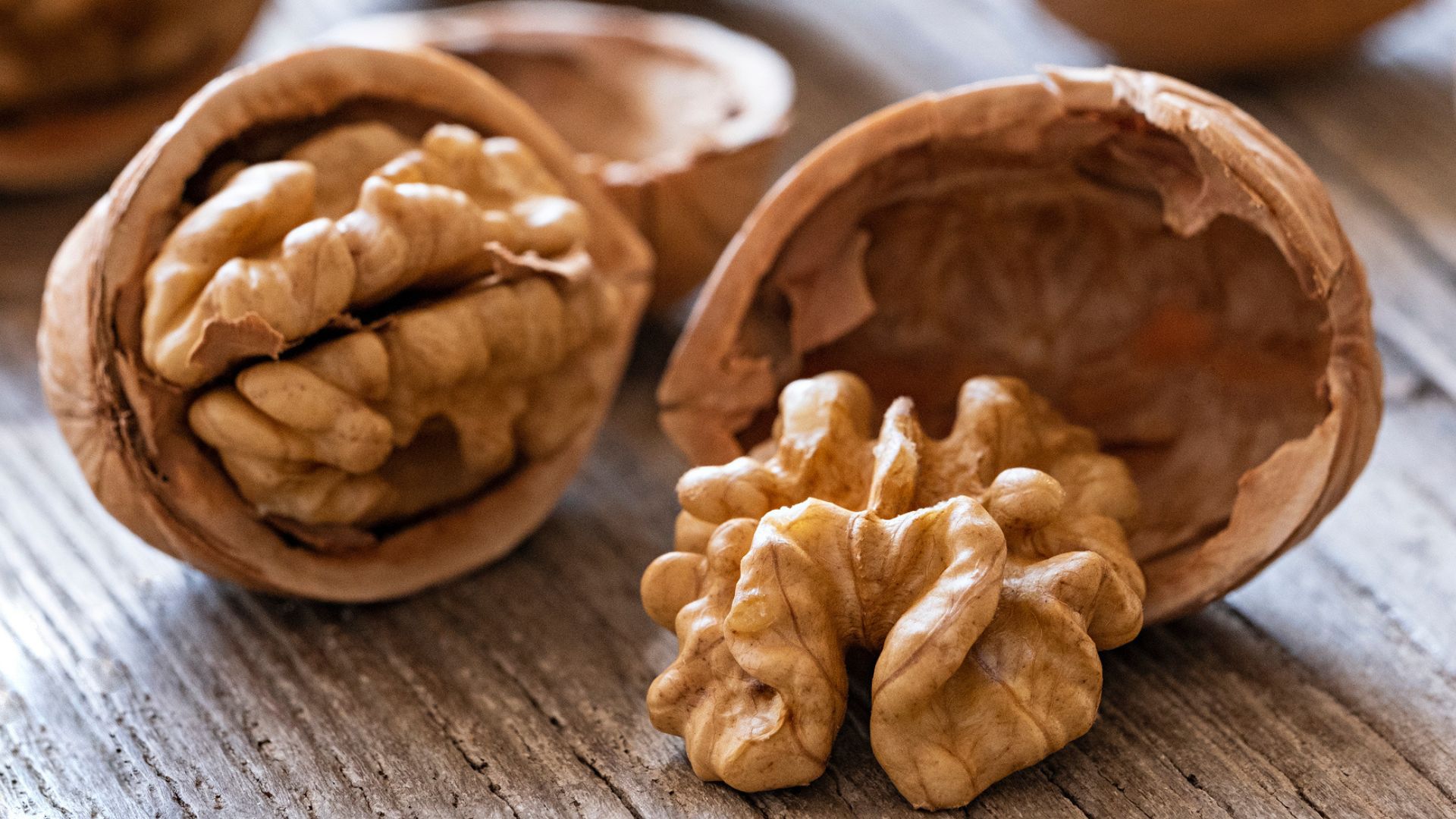
Much like all other types of nuts, walnuts are rich in protein and fibre. These two nutrients, especially when eaten together in one food, make for one of the best foods that keep us full every time. The walnut is unique though, as there's research (from Harvard University) that tells us exactly how long you need to eat them for to experience this benefit. Over four days, researchers found that participants who ate walnuts as part of a meal or smoothie experienced increased feelings of satiety.
29. Beetroot
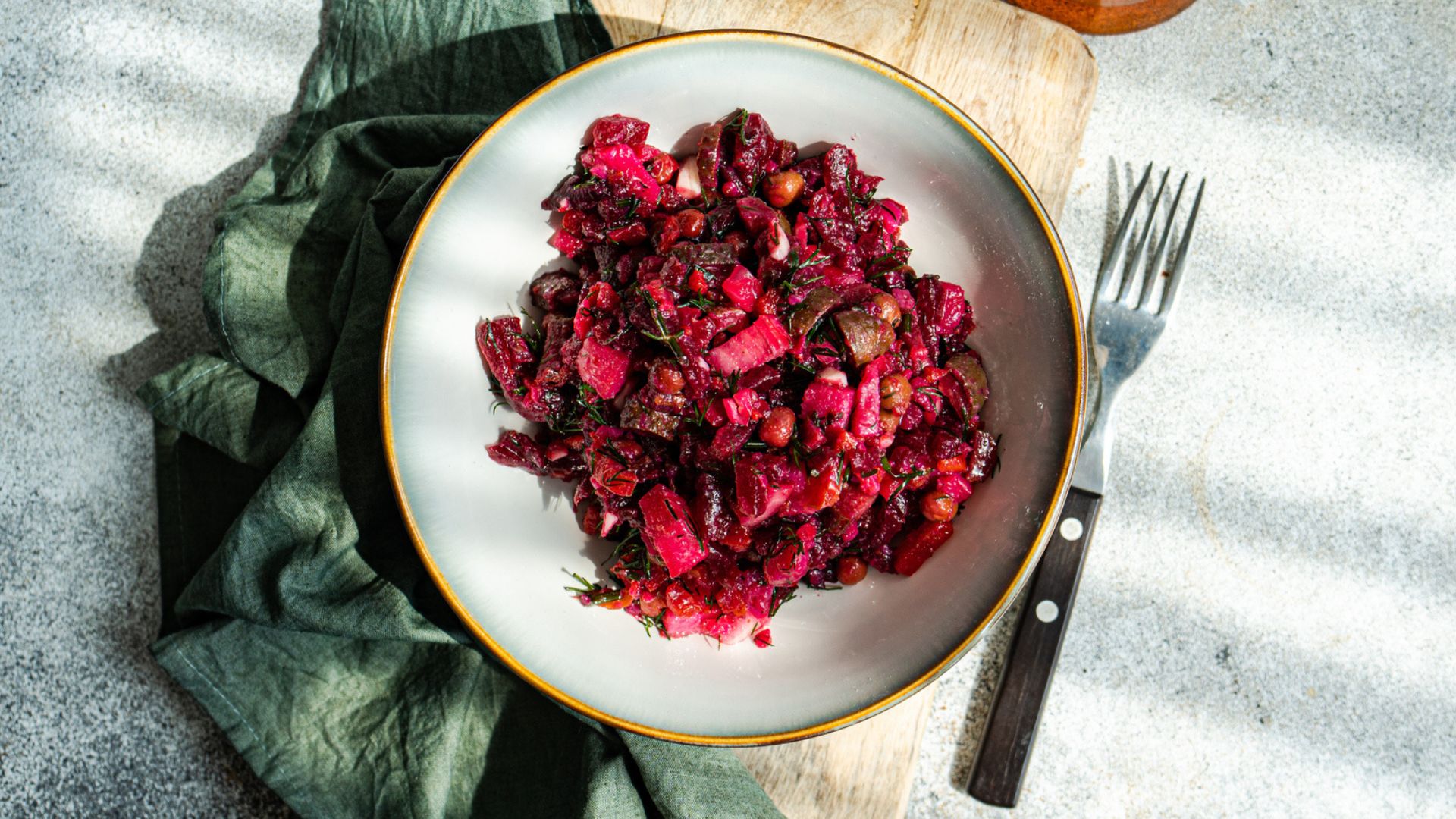
Beetroot's high fibre content makes one of the foods that will keep you full. Some experts even suggest you can drink beetroot juice for a similar effect to eating it, if this earthy root vegetable doesn't appeal to your taste buds. Just be sure to opt for a juice with minimal sugar content - or make it yourself.
30. Pears
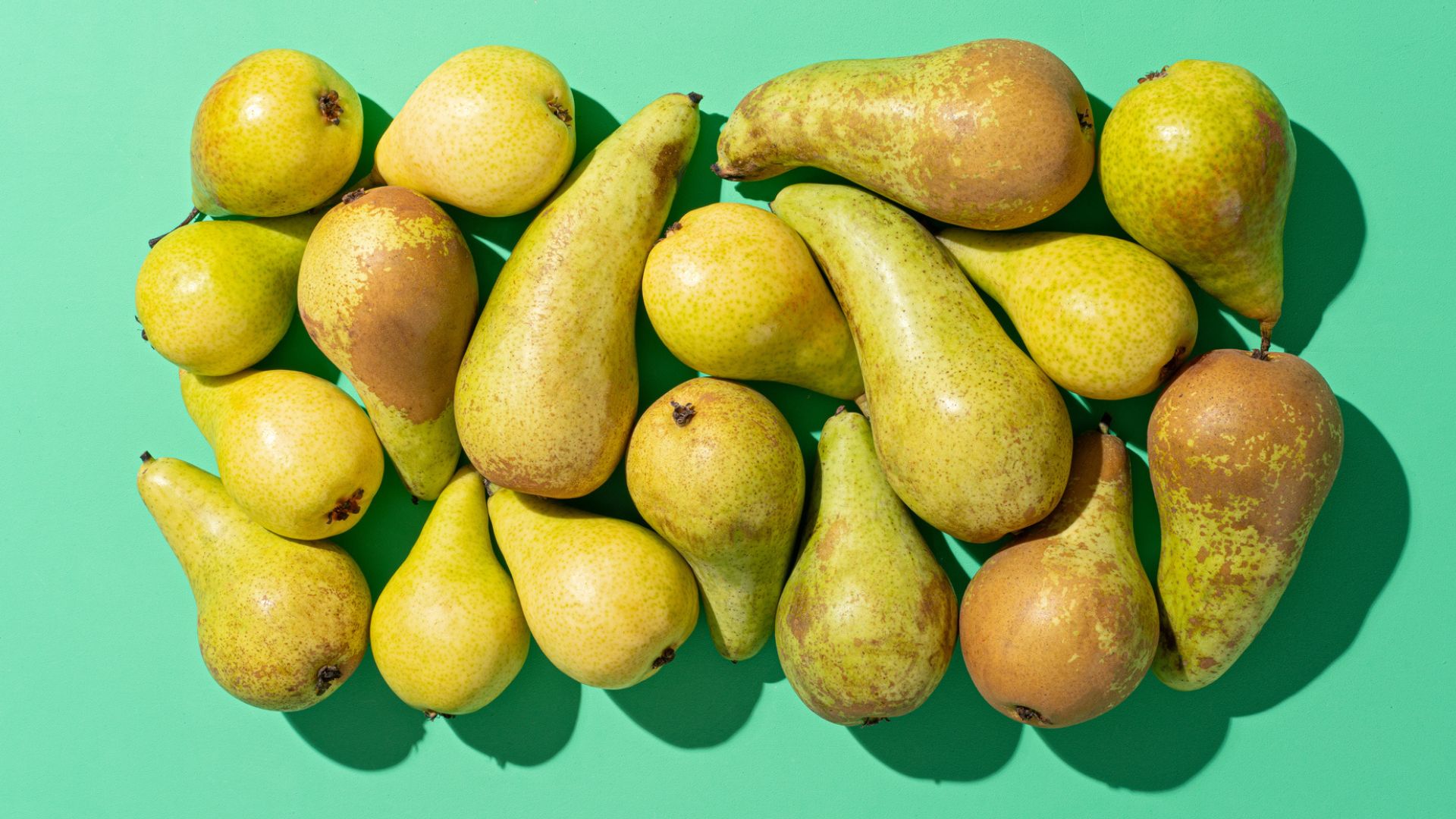
Many people are surprised to learn that pears, much like apples and other water-dense fruits, are excellent for keeping you feeling full. They have two types of fibre within them - soluble and insoluble fibres, which help to reduce the speed at which the stomach empties. Pears, given their watery nature, can also be slower to eat so most people get full quicker when eating them compared to other fruits.
31. Almonds
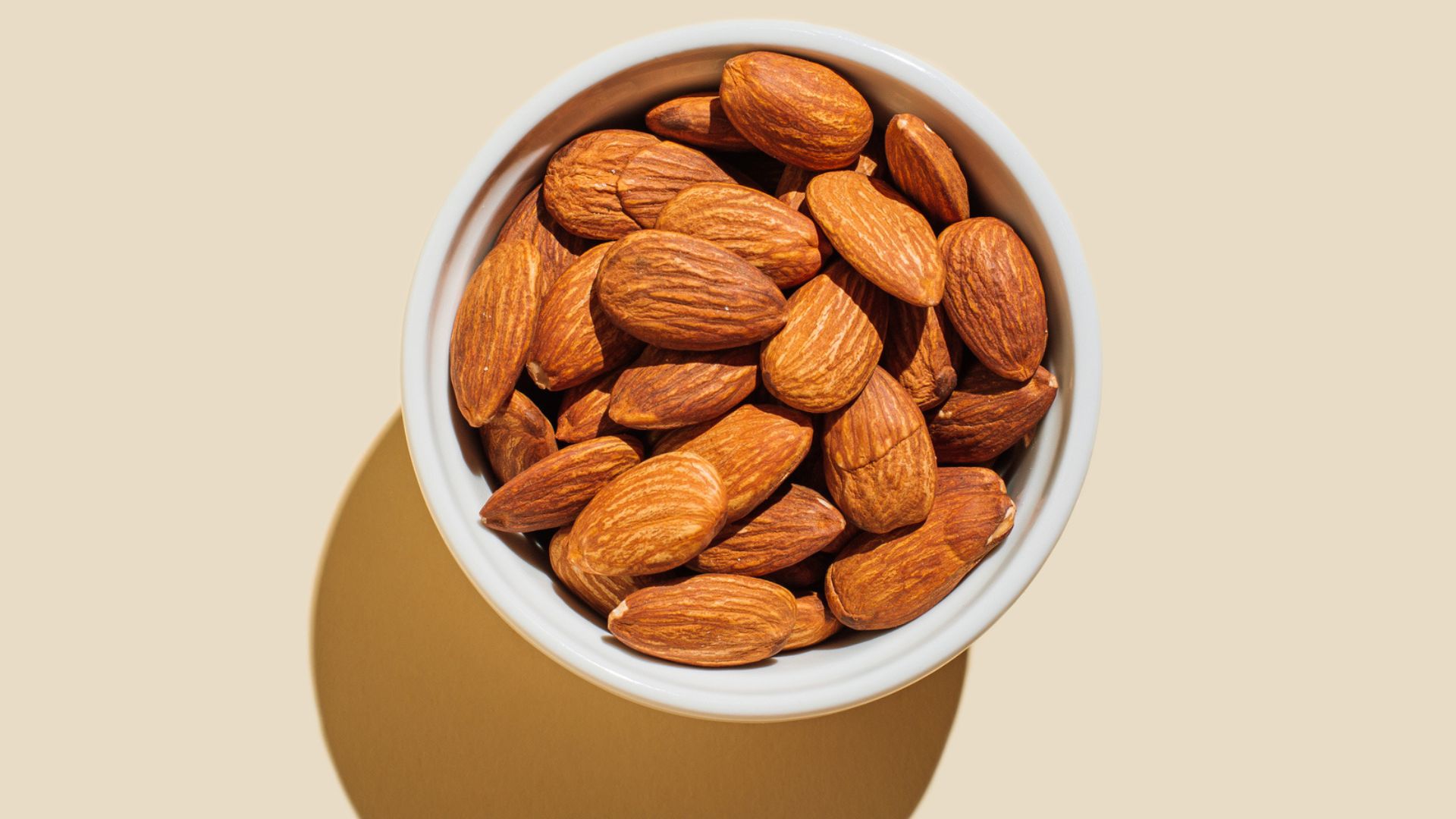
Almonds are the not-so-secret secret to staying fuller for longer. For years, the advice has been to carry around a bag of these rich nuts as a snack for when you get hungry - and the advice is right. Almonds are rich in fibre and protein and very versatile. Chop them up into a salad, grate them onto your porridge or blend them into your smoothie for alternative ways to slip them into your diet.
32. Coffee
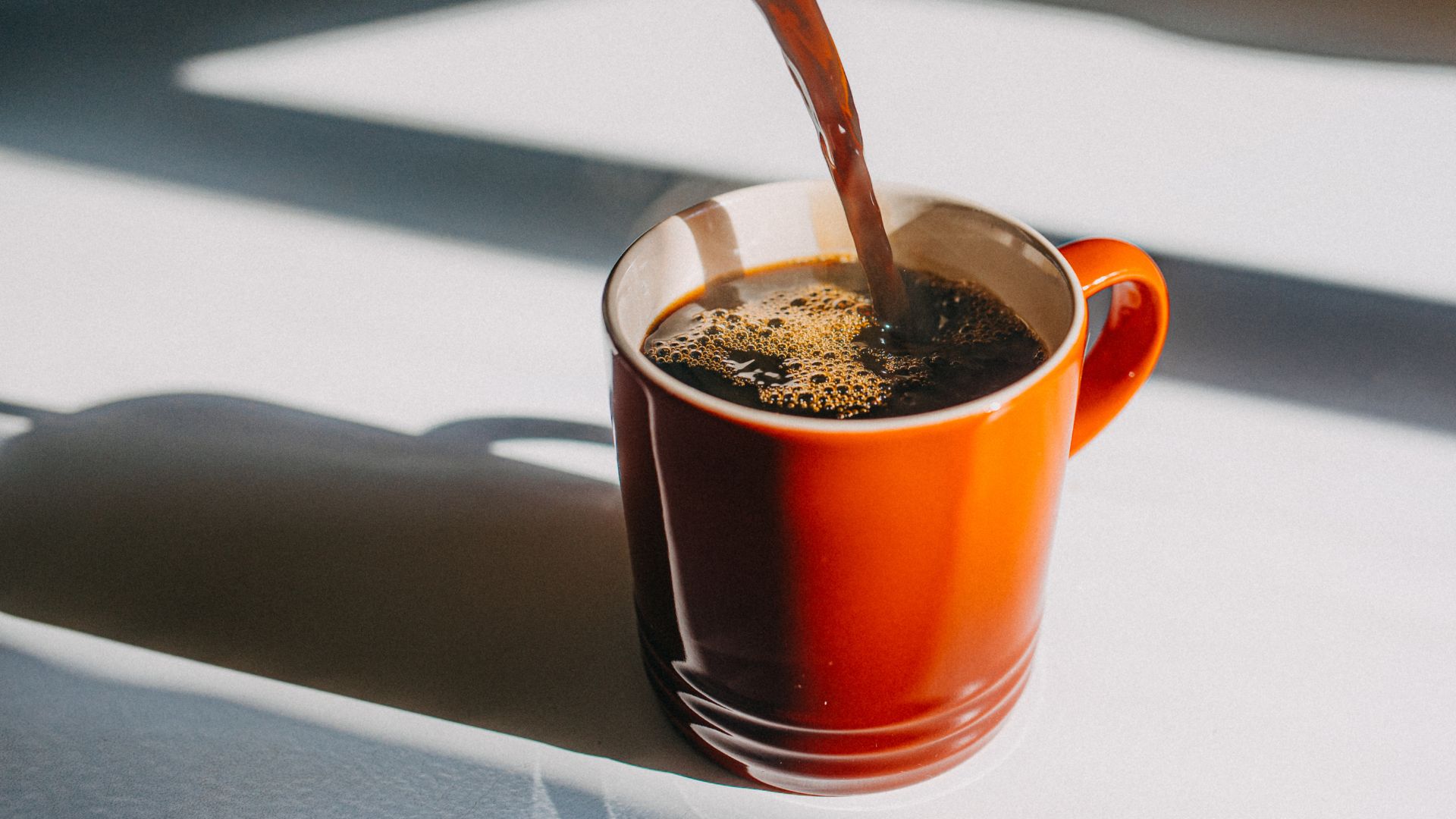
Coffee is not a food, nor should it be considered a food replacement. However, drinking coffee (black or with milk) after fibre and protein-rich foods like oats at breakfast or wholegrains at lunchtime can help to reduce your appetite as coffee contains caffeine. Caffeine stimulates the nervous system, which increases your heart rate and metabolism and wards off feelings of hunger and food cravings.
Coffee on an empty stomach, however, has been known to have a quick laxative effect, so it's best drunk alongside foods that will keep you full.

Grace Walsh is woman&home's Health Channel Editor, working across the areas of fitness, nutrition, sleep, mental health, relationships, and sex. She is also a qualified fitness instructor. In 2025, she will be taking on her third marathon in Brighton, completing her first ultra marathon, and qualifying as a certified personal trainer and nutrition coach.
A digital journalist with over seven years experience as a writer and editor for UK publications, Grace has covered (almost) everything in the world of health and wellbeing with bylines in Cosmopolitan, Red, The i Paper, GoodtoKnow, and more.